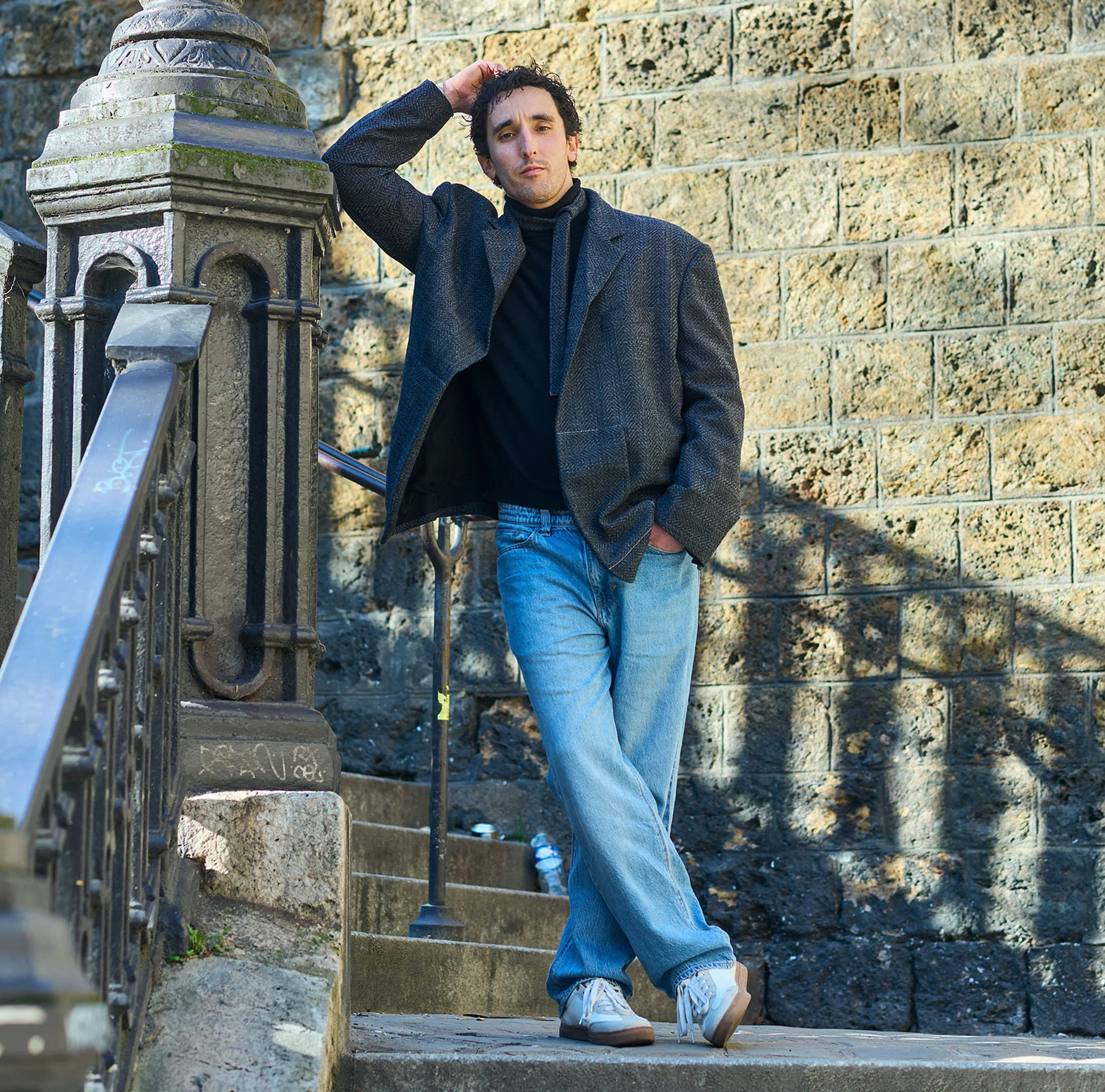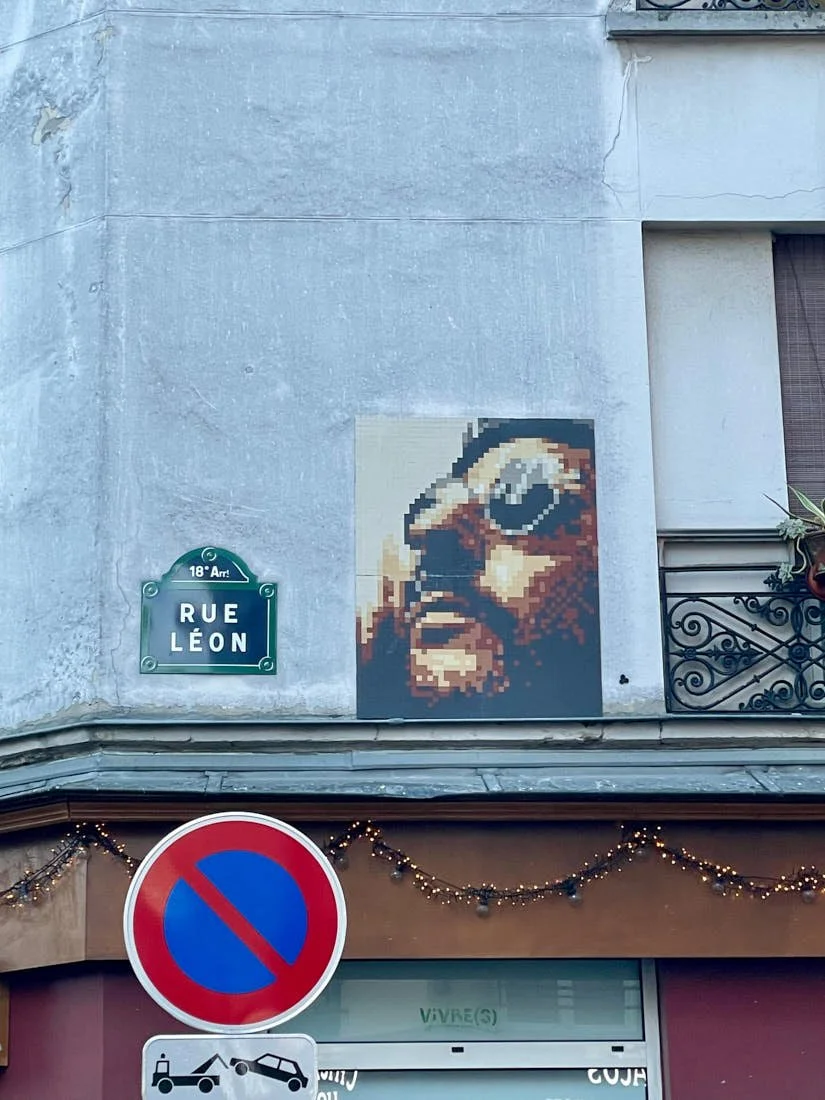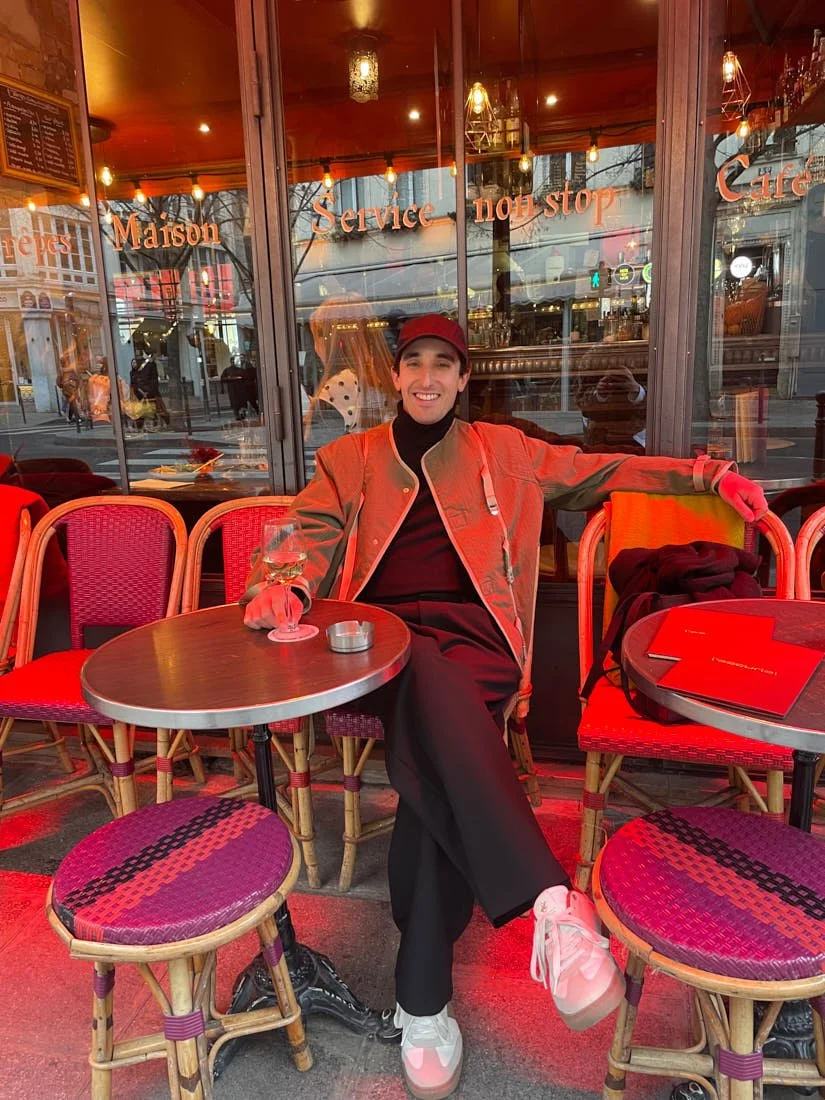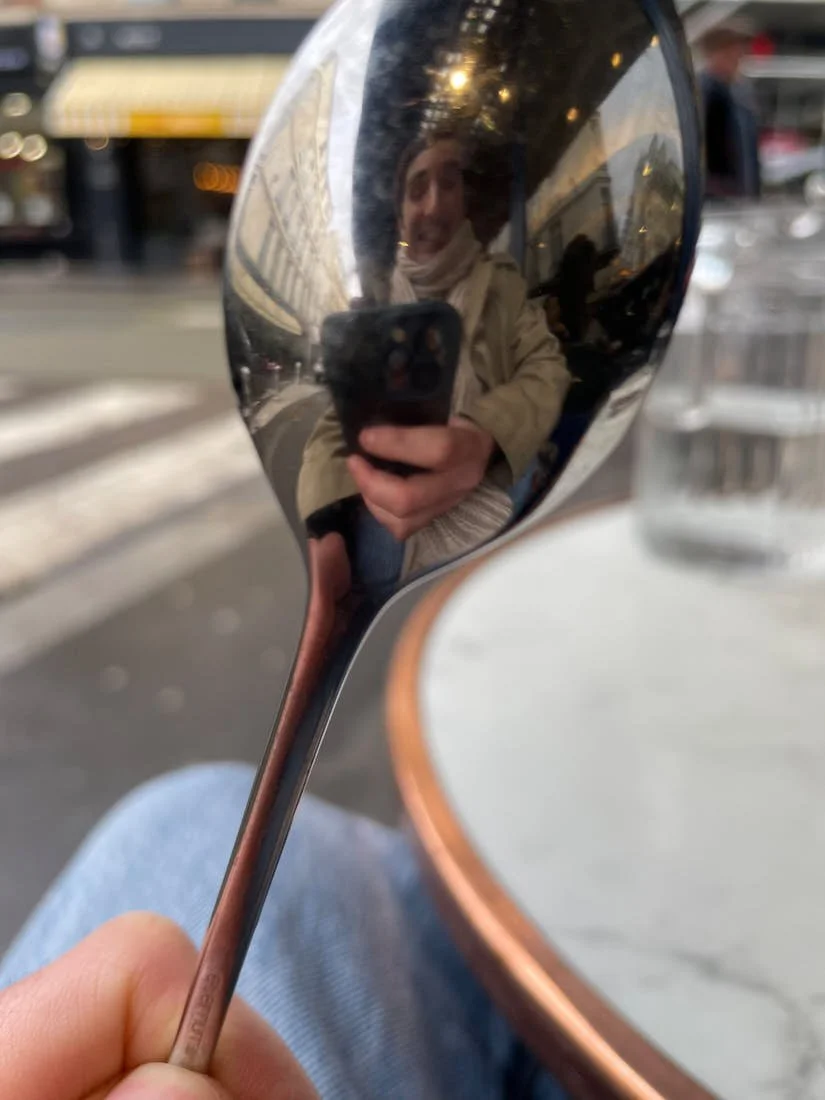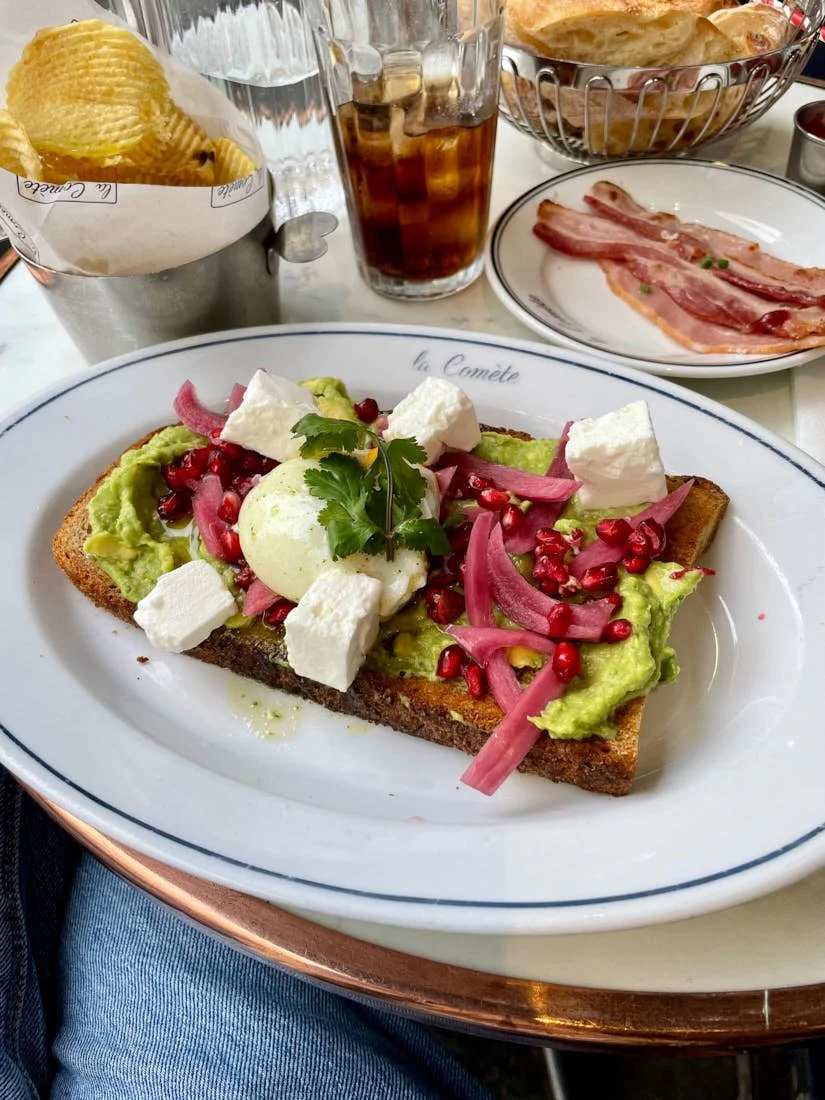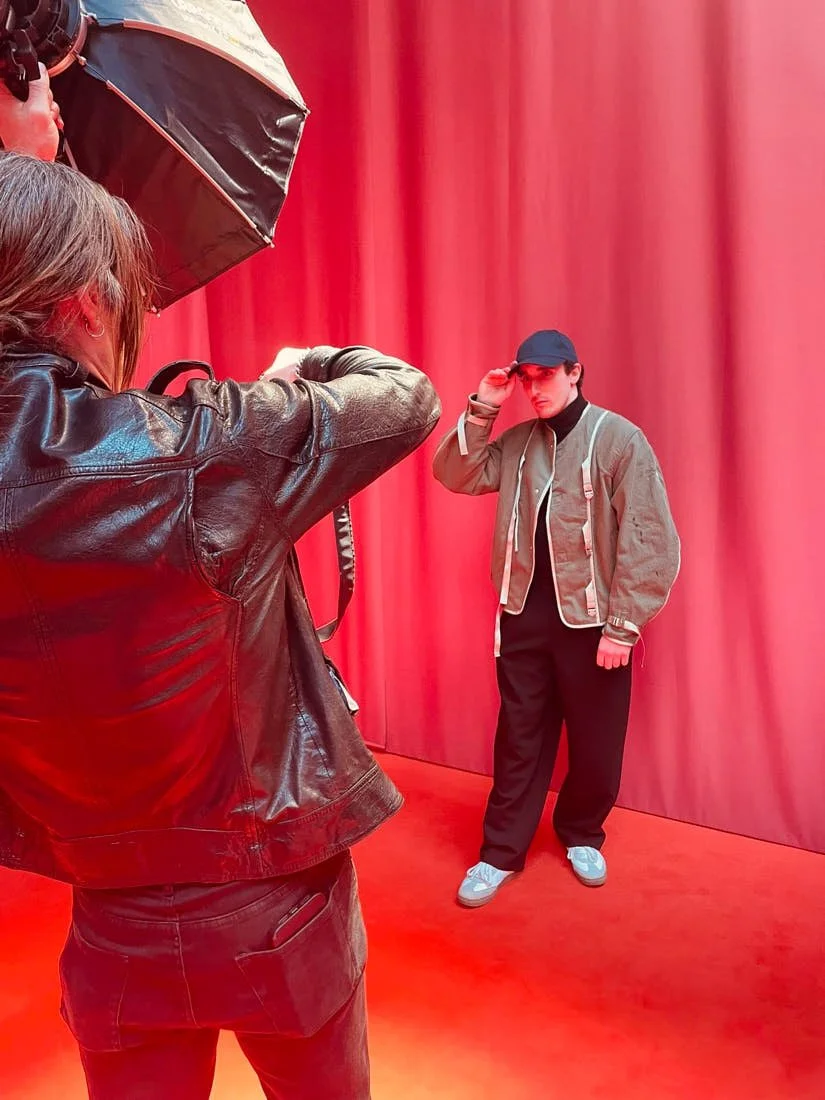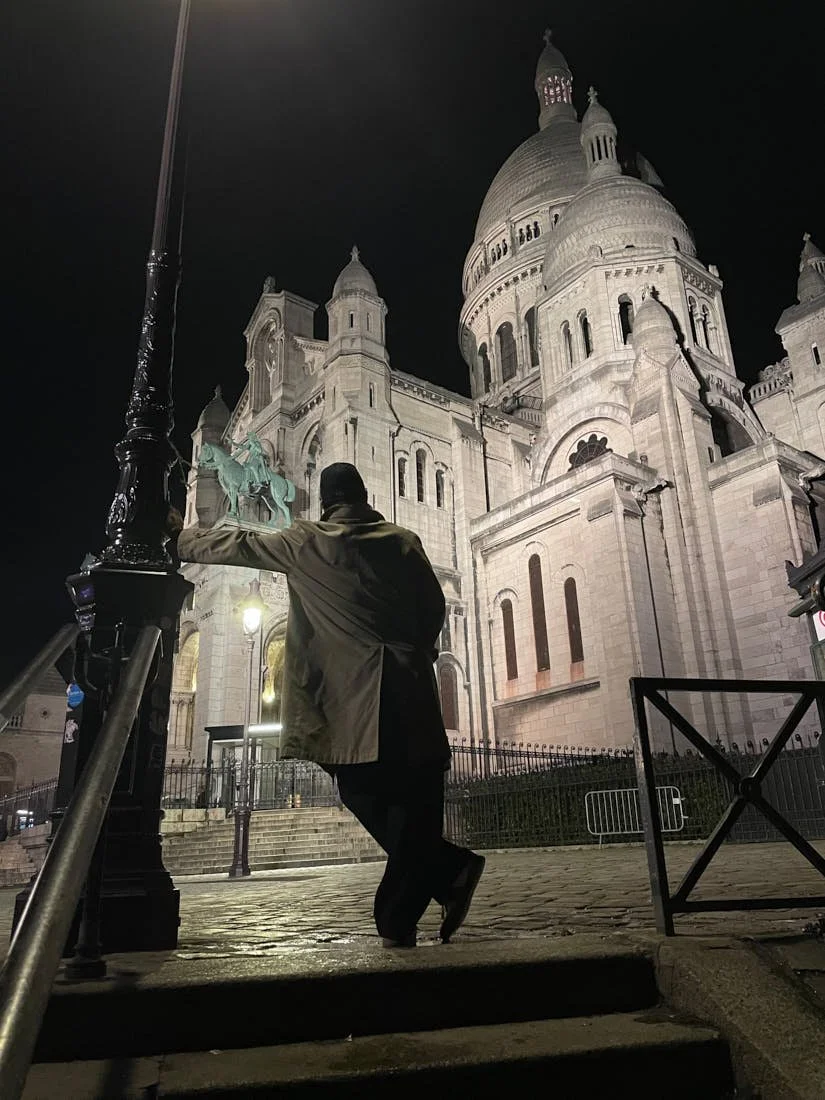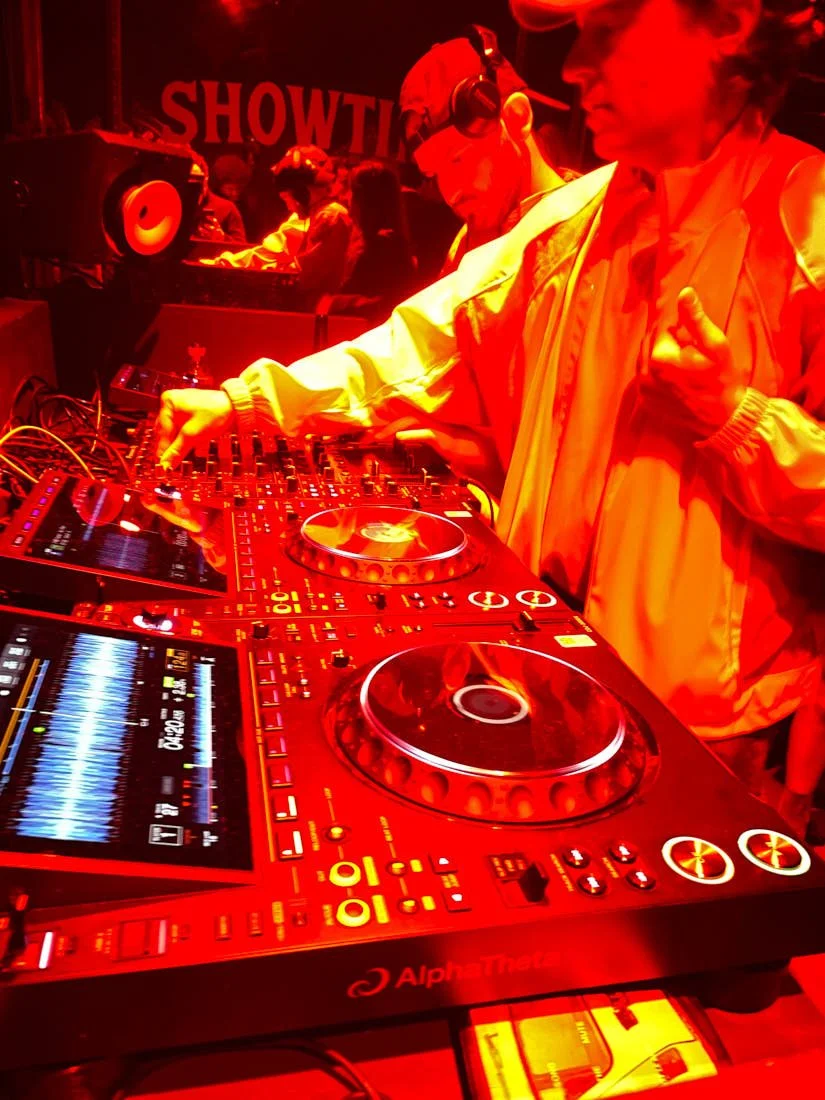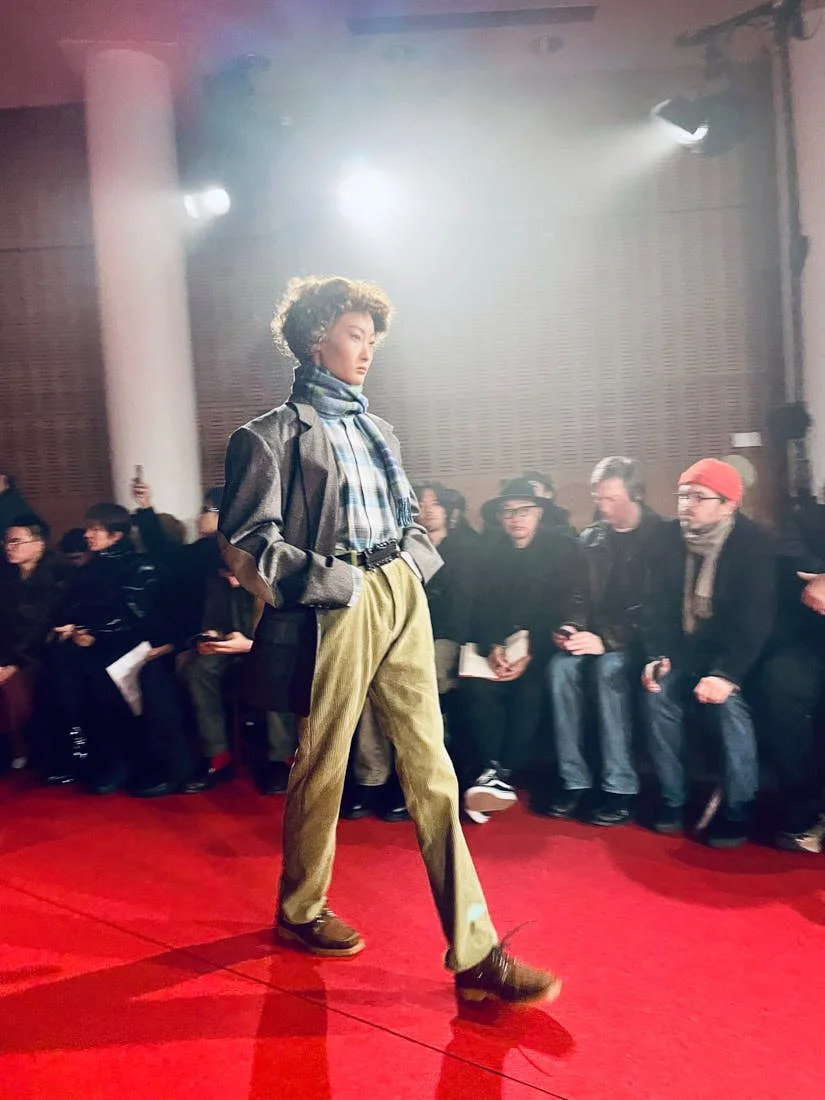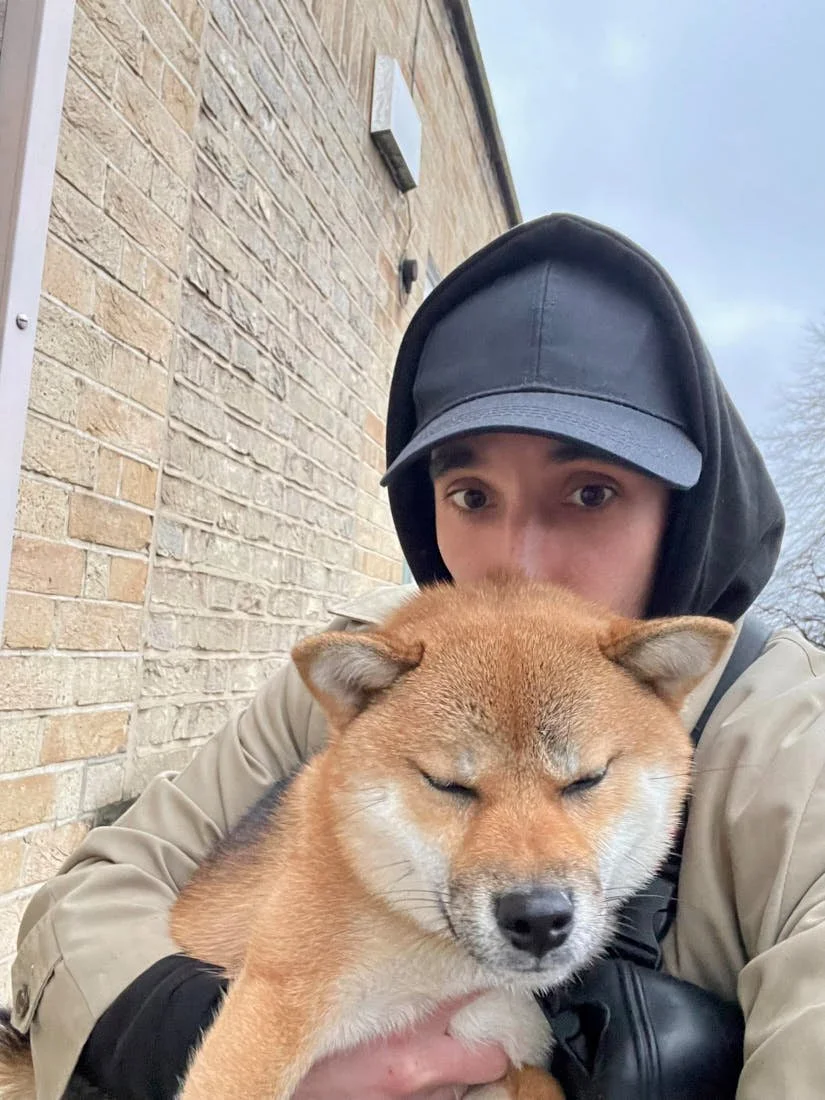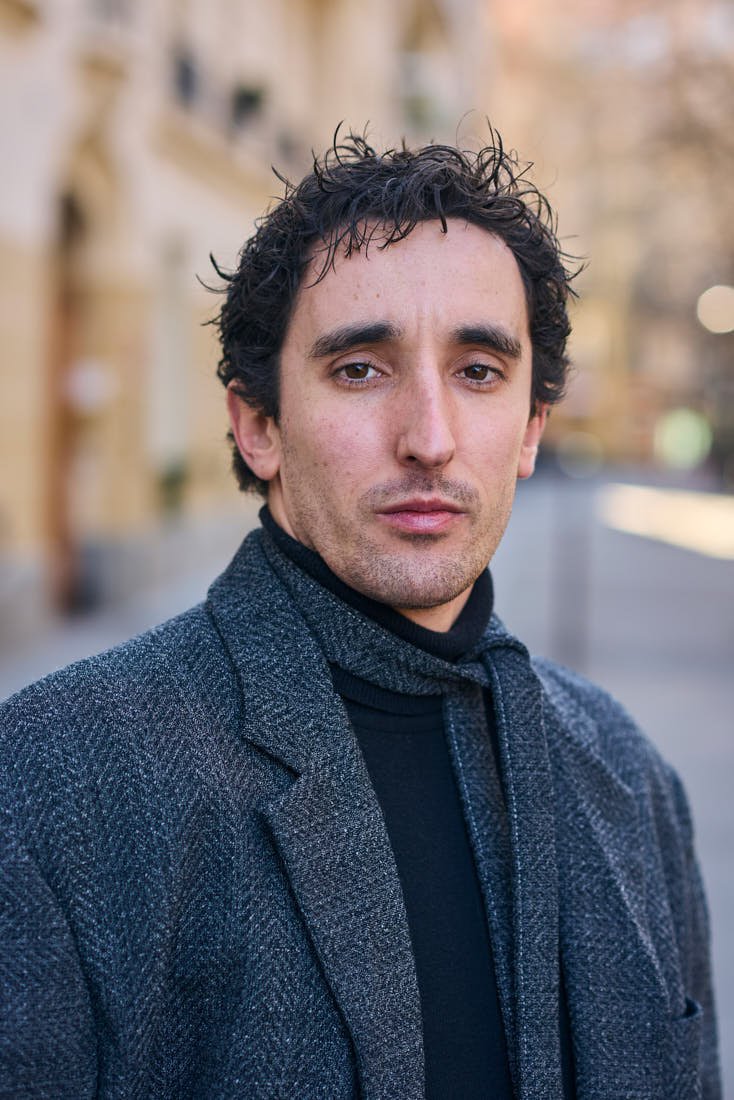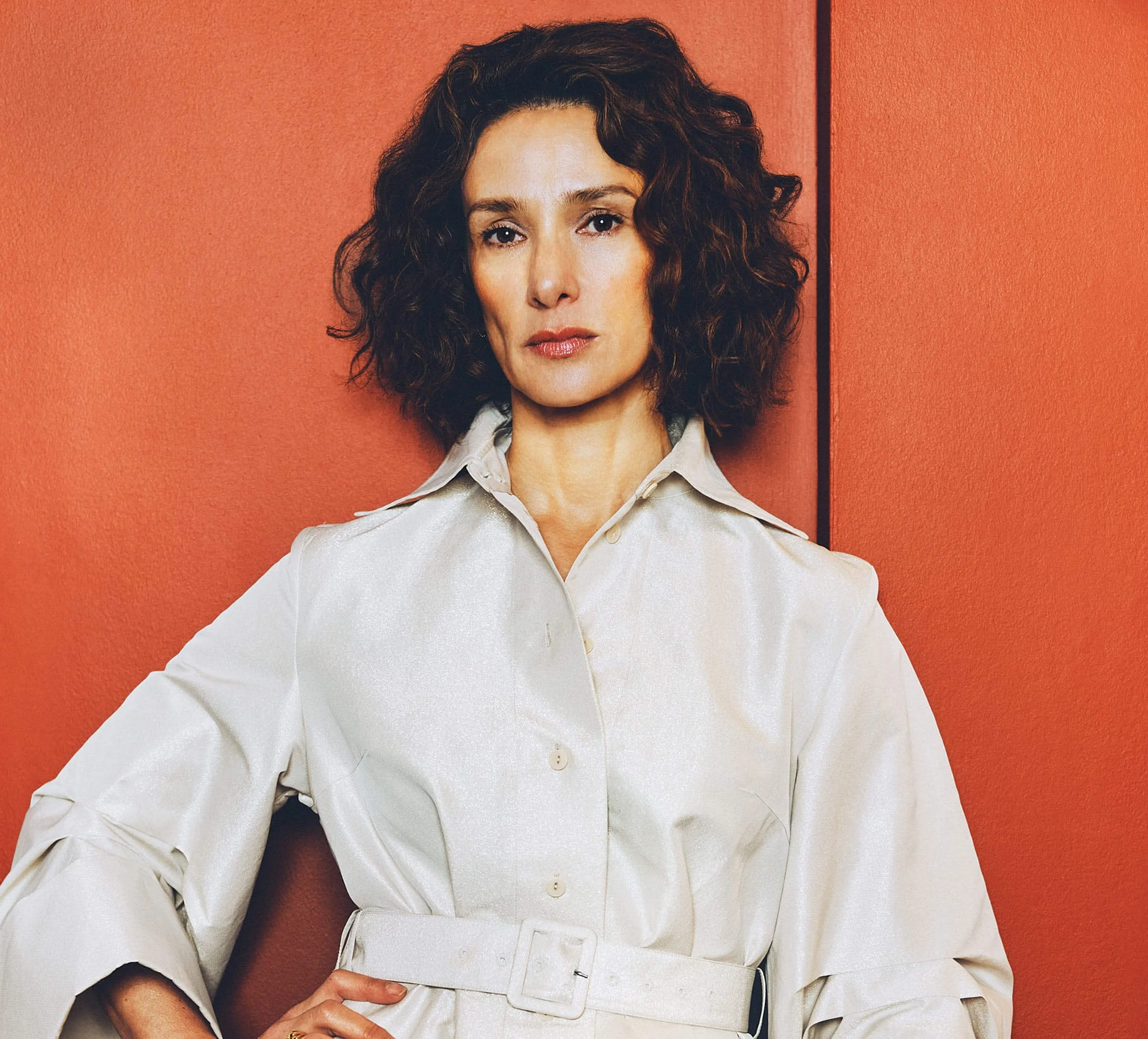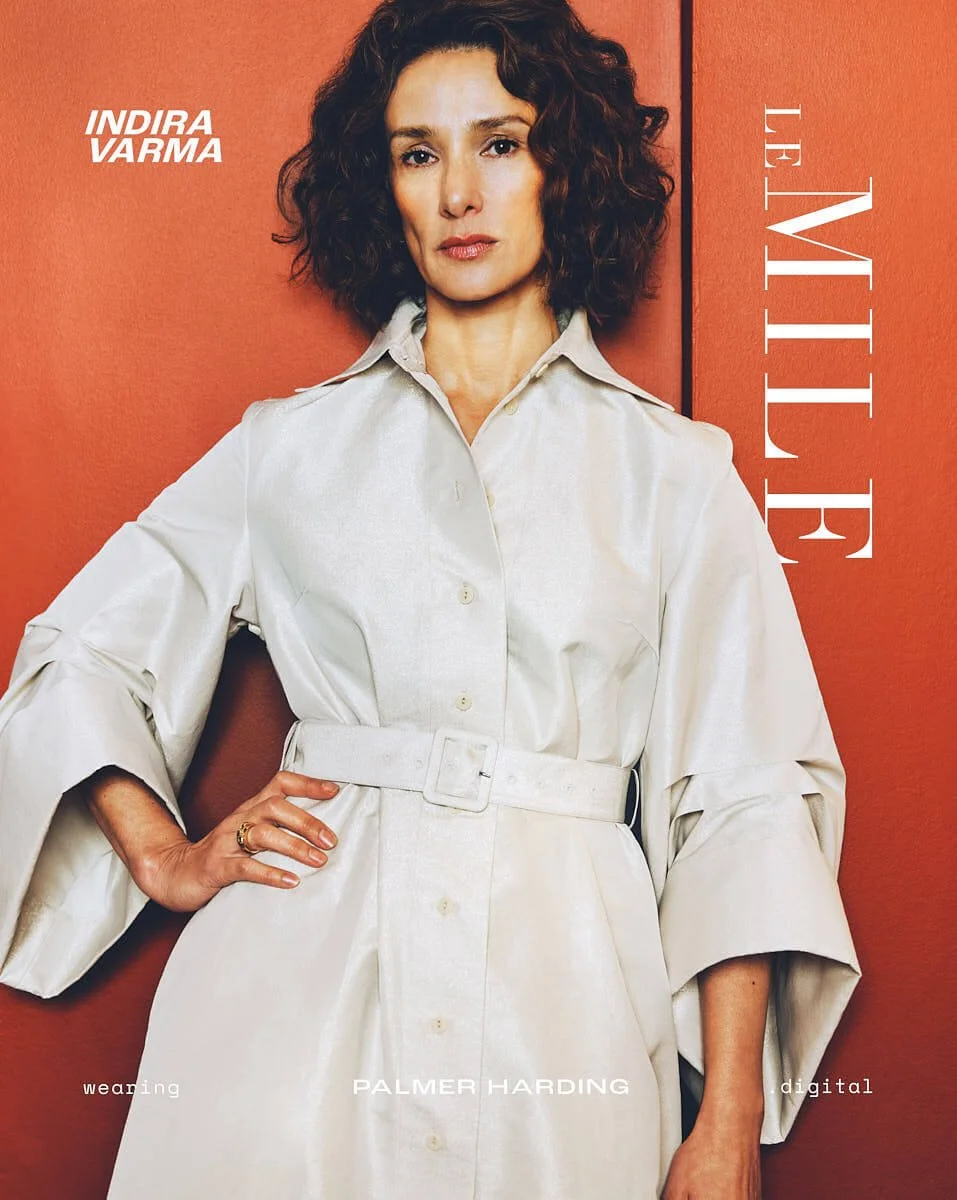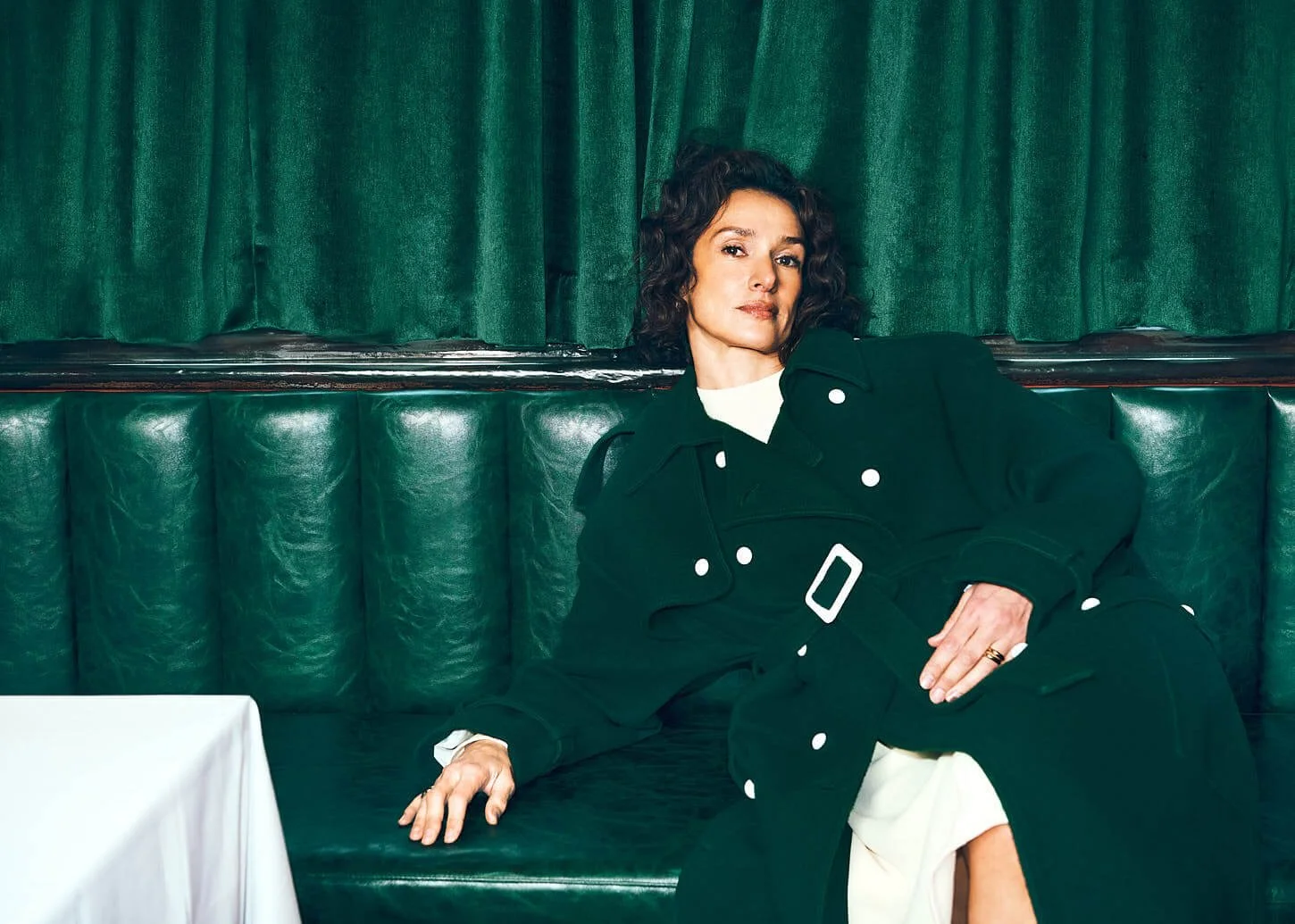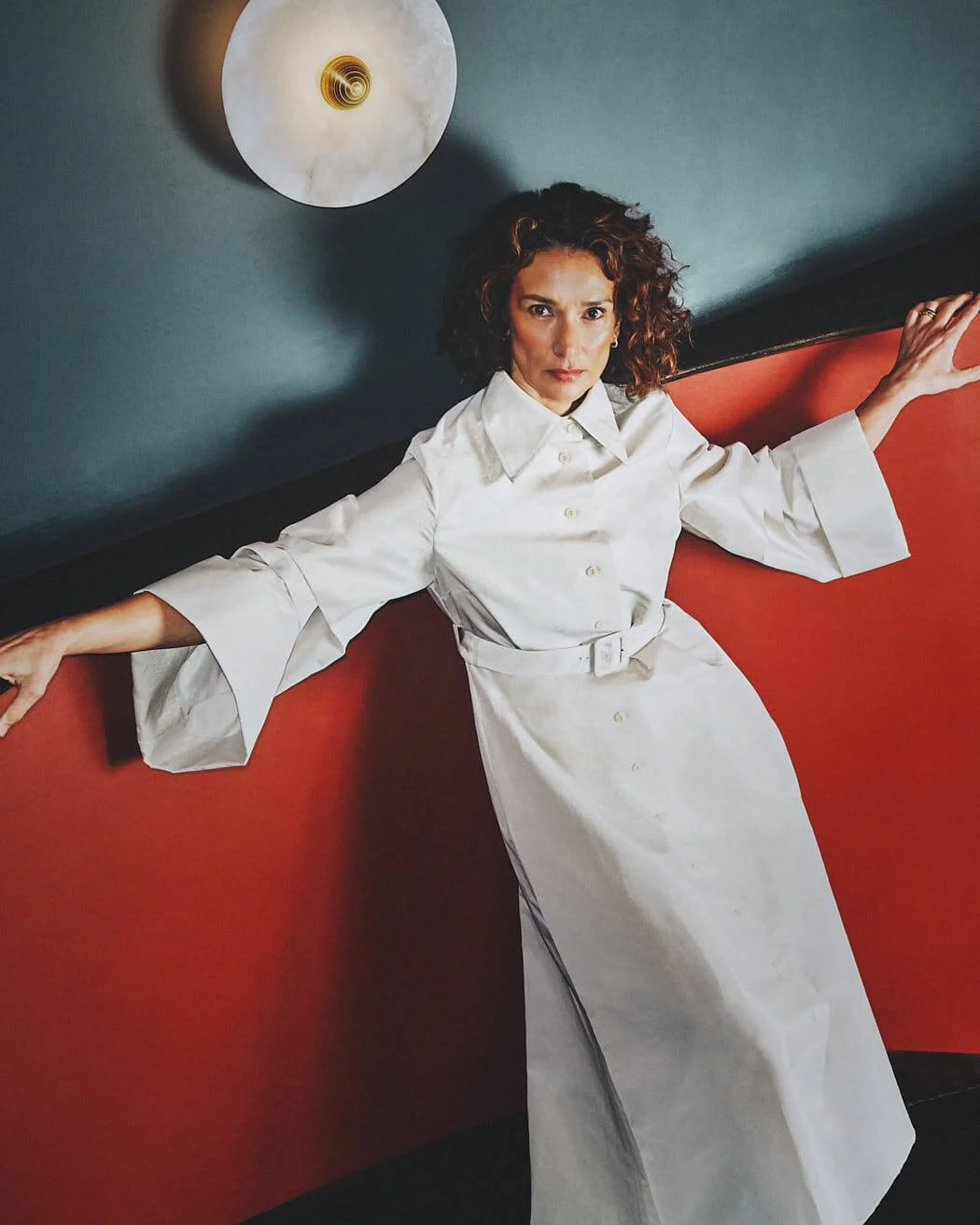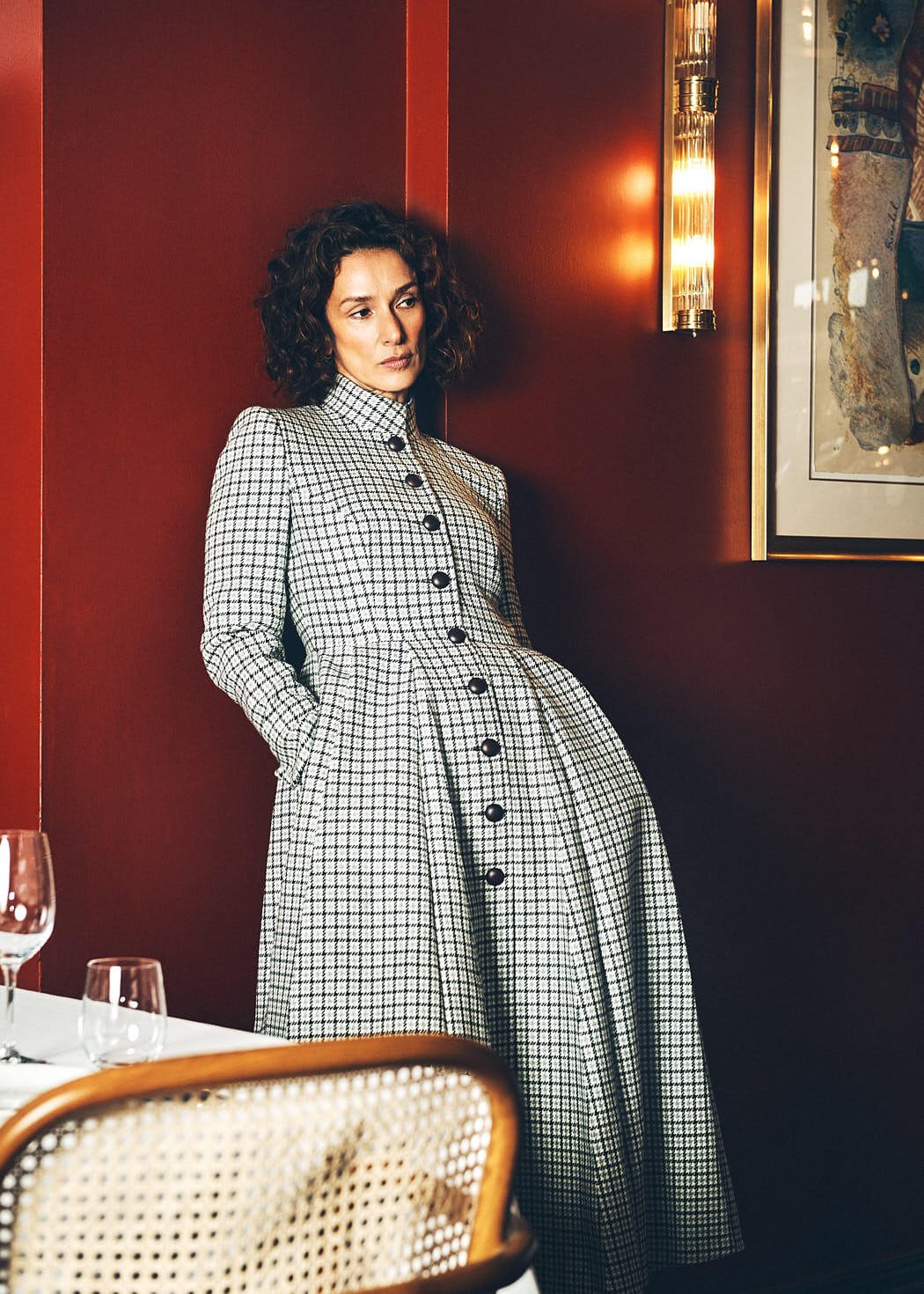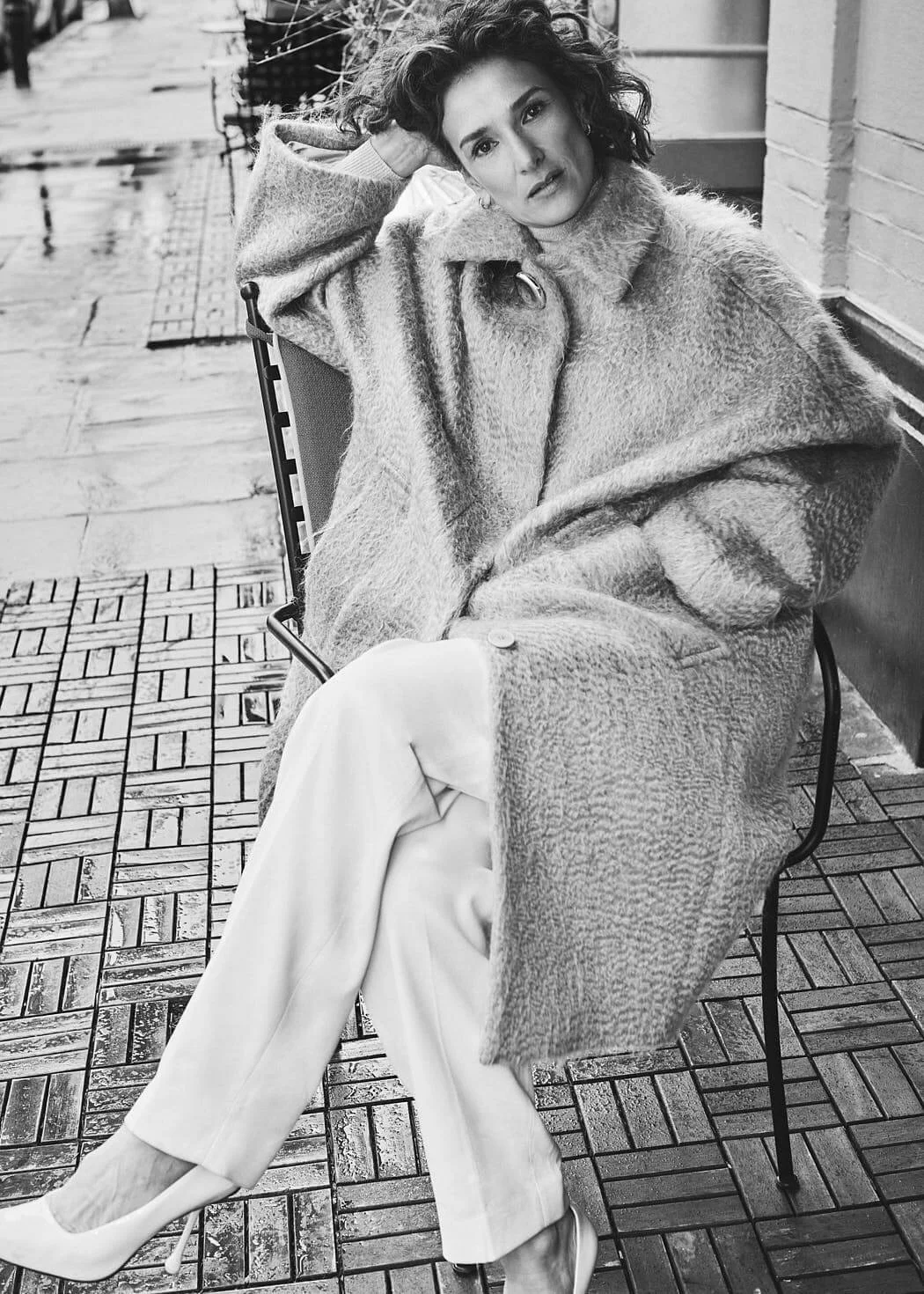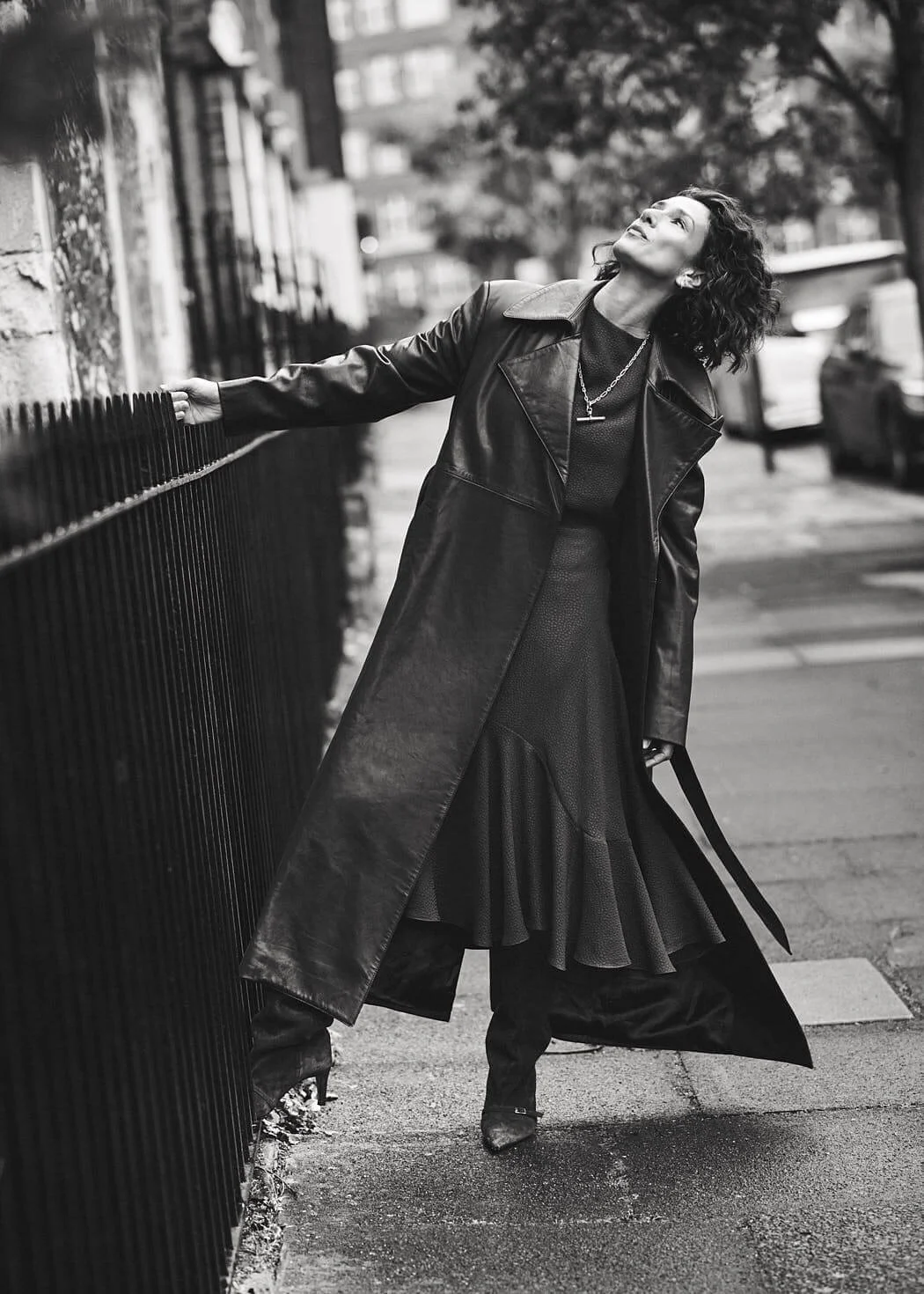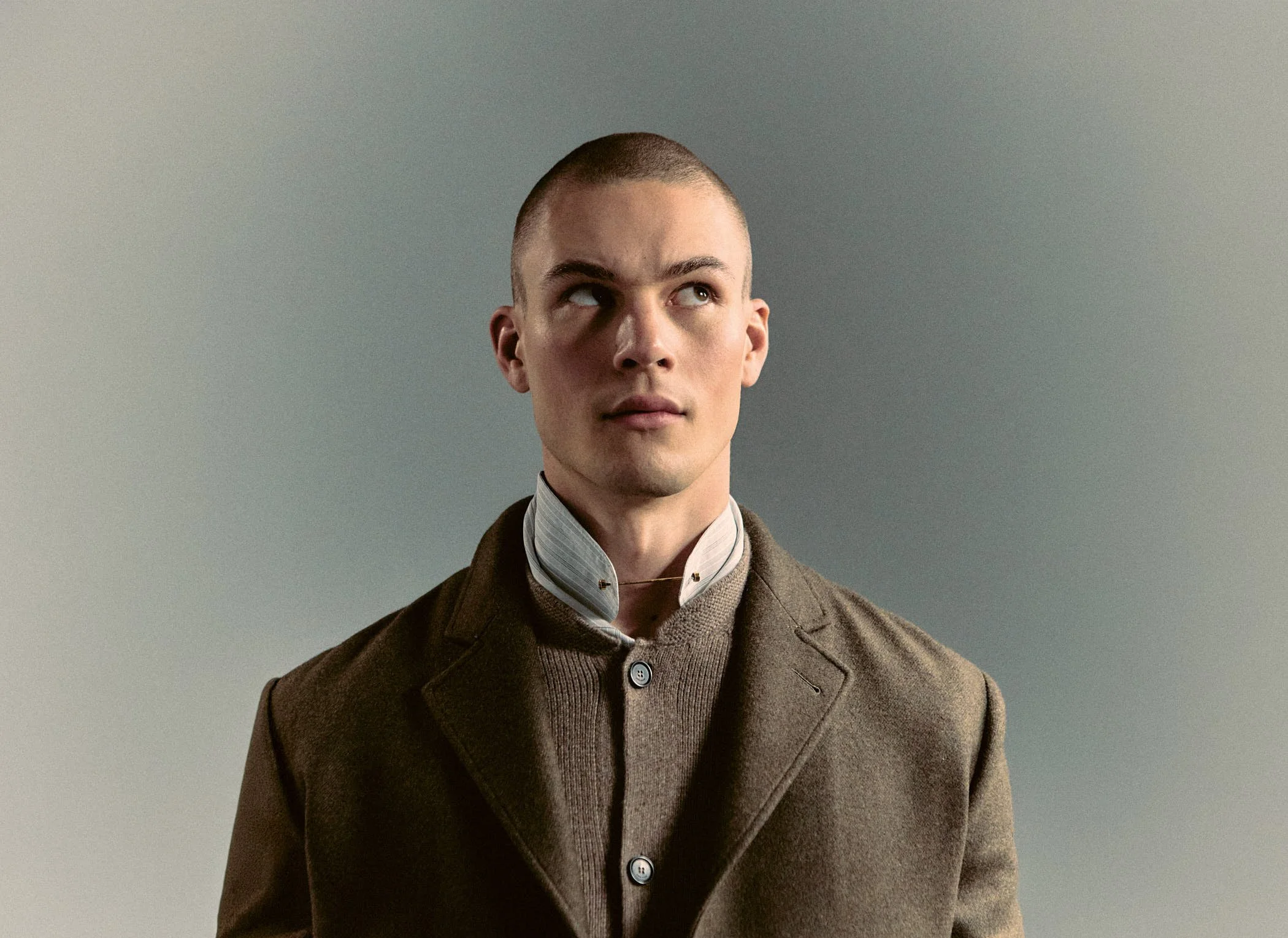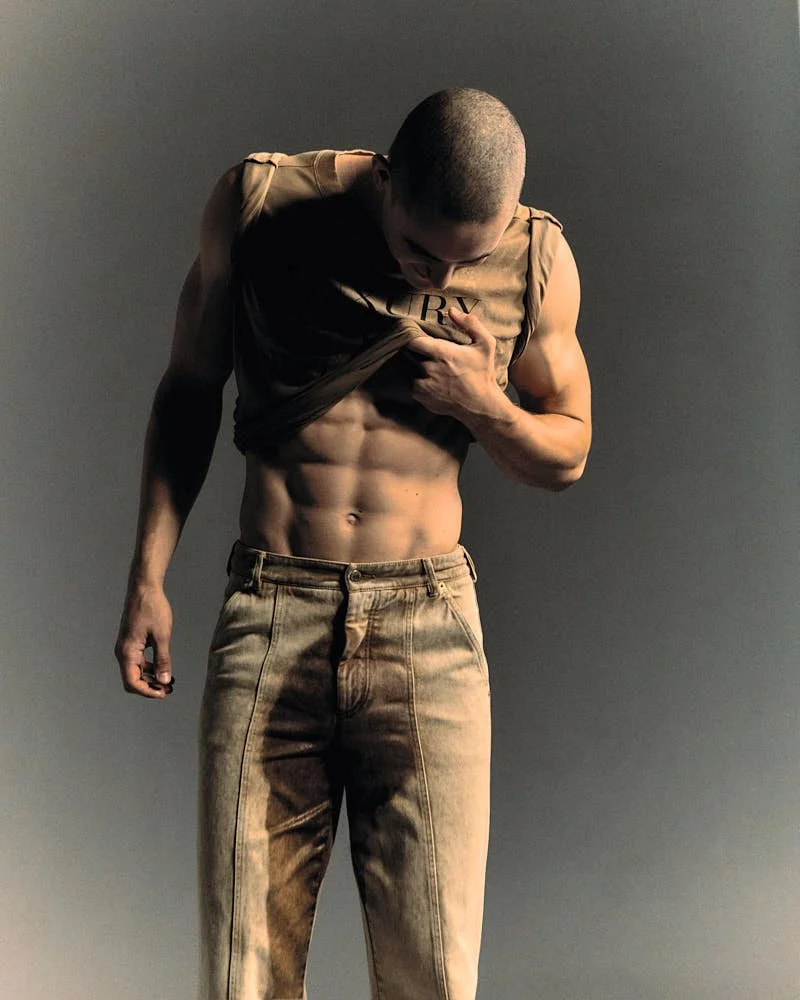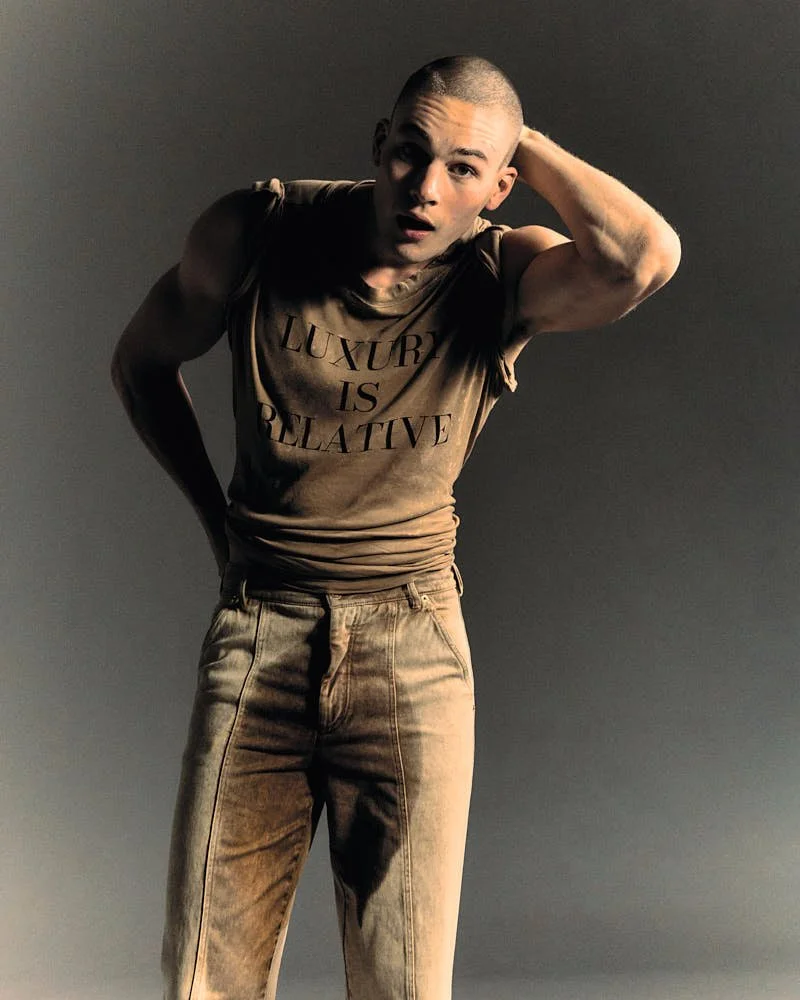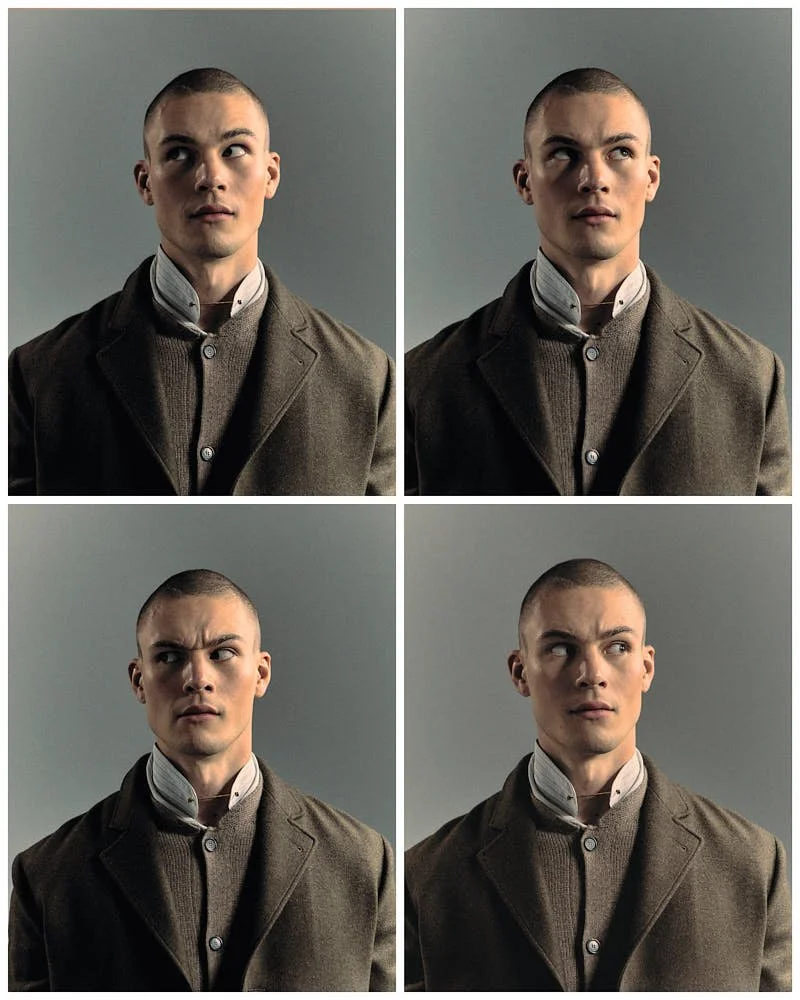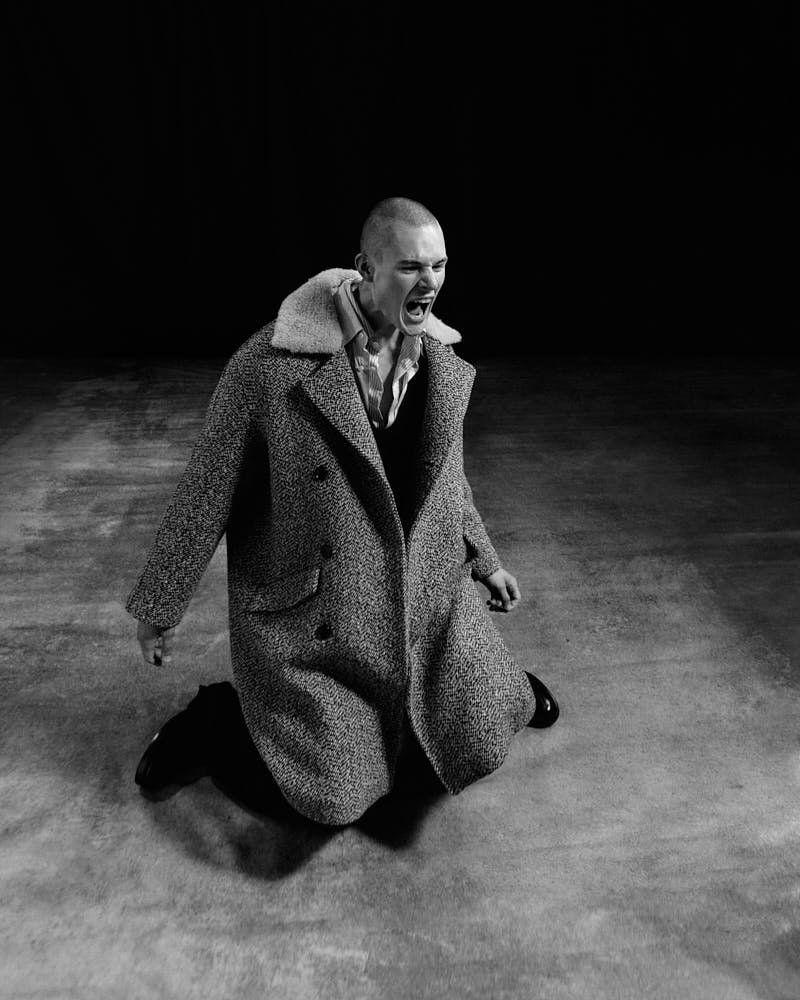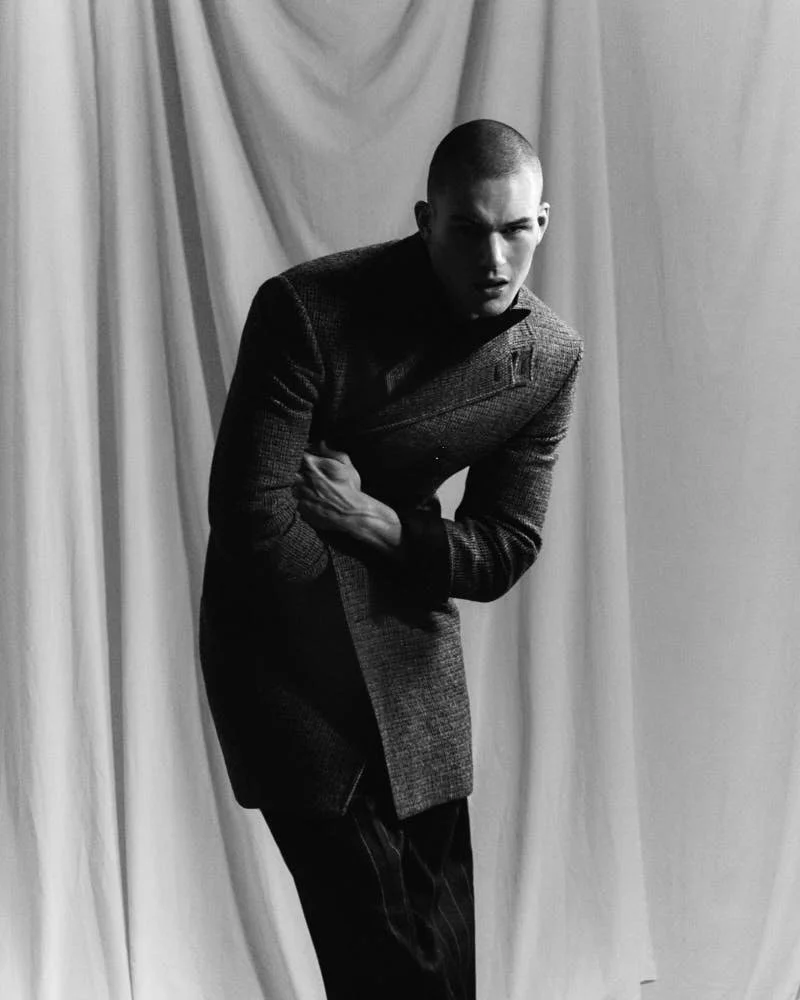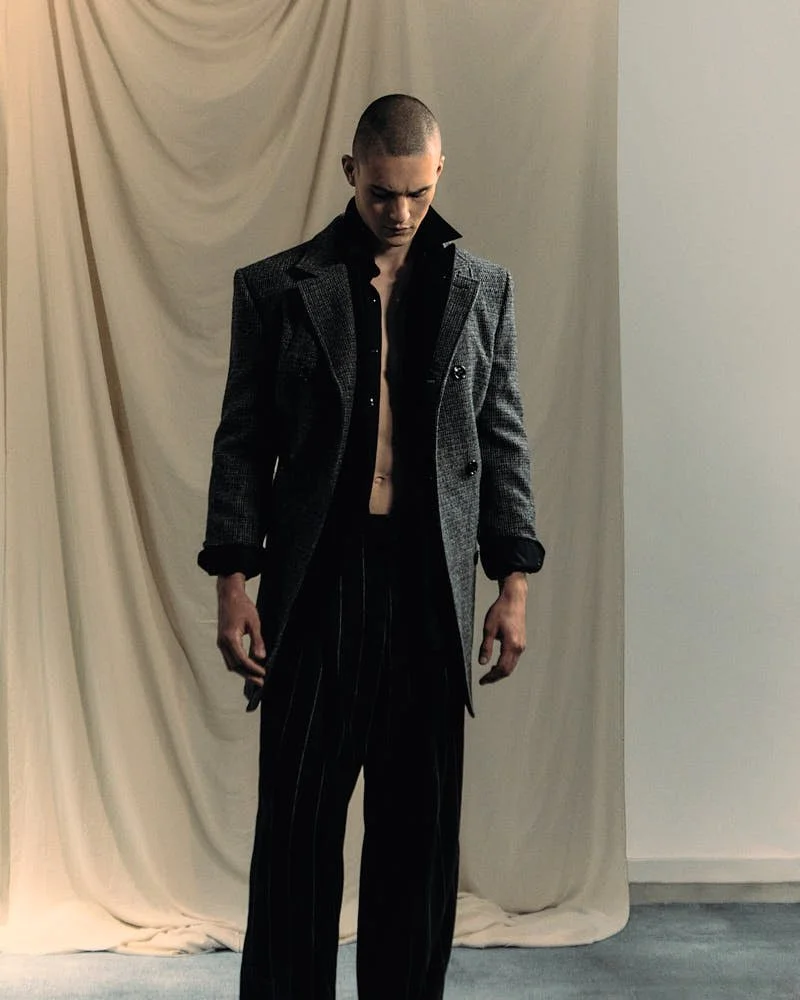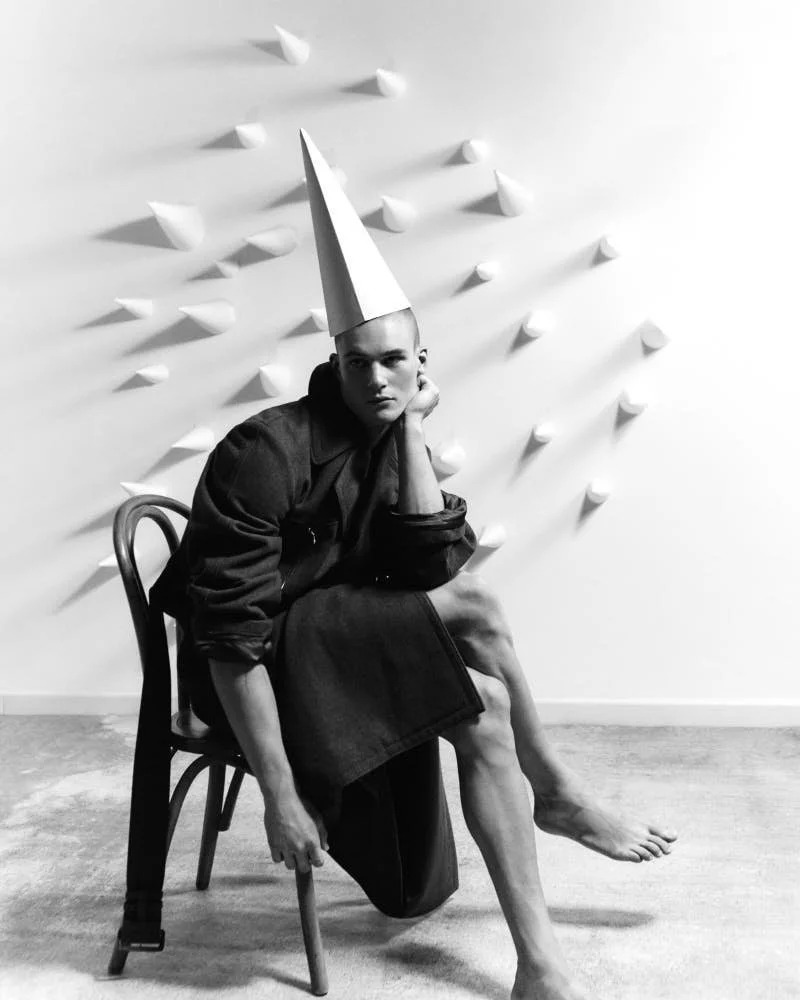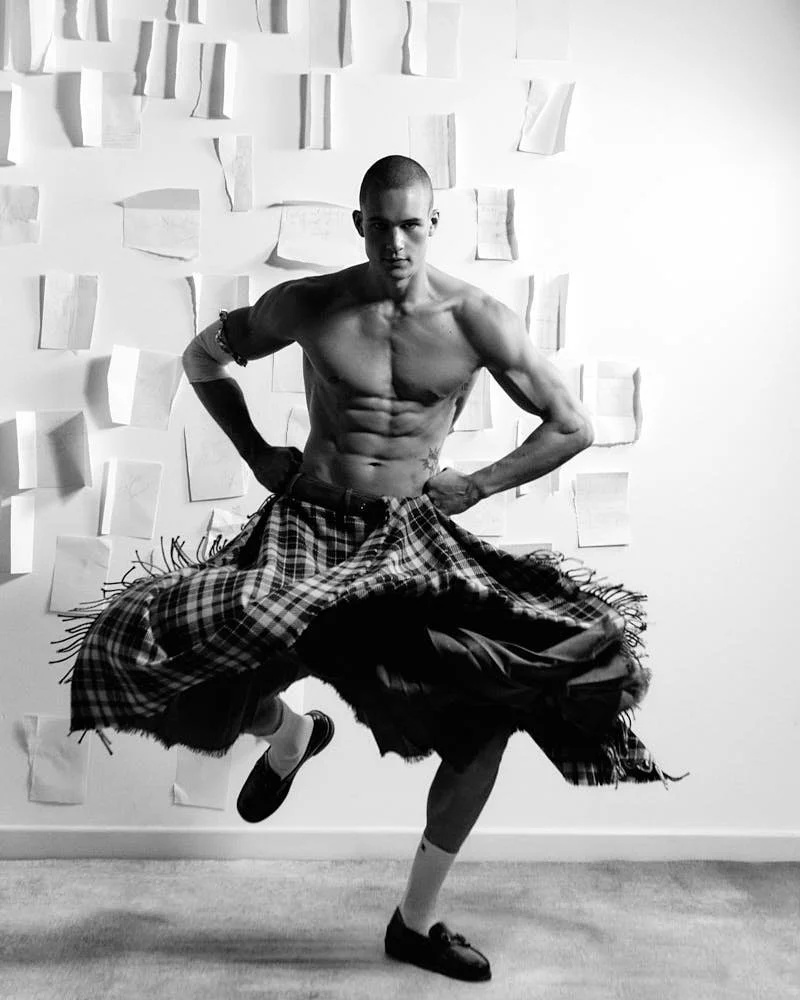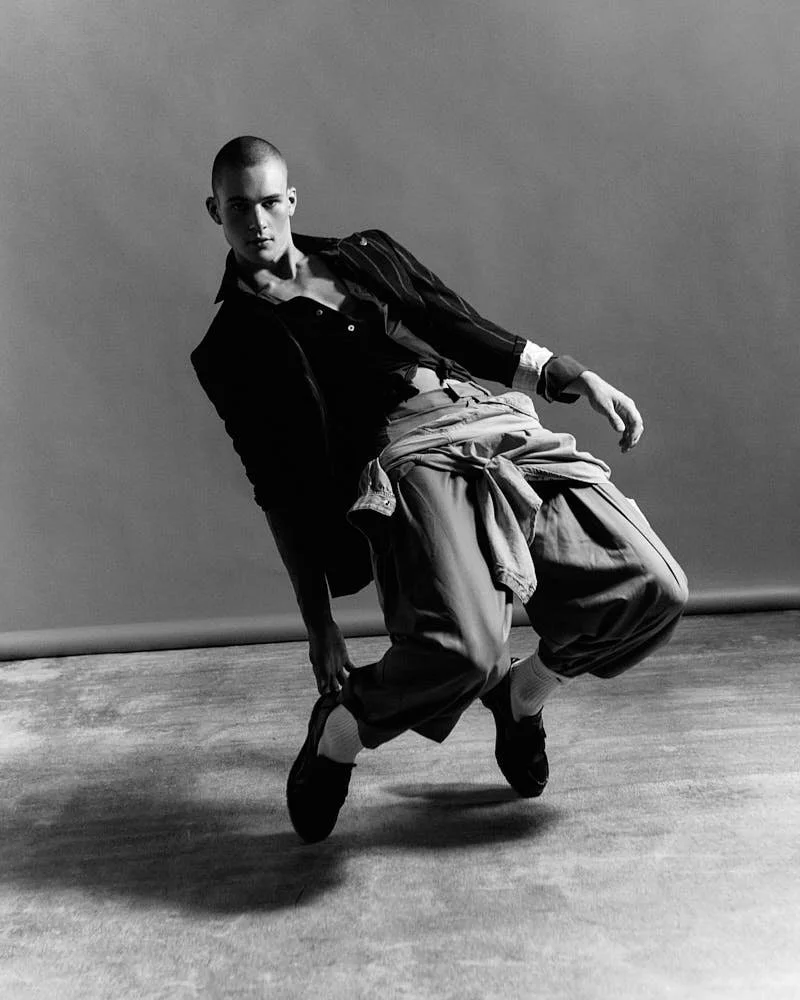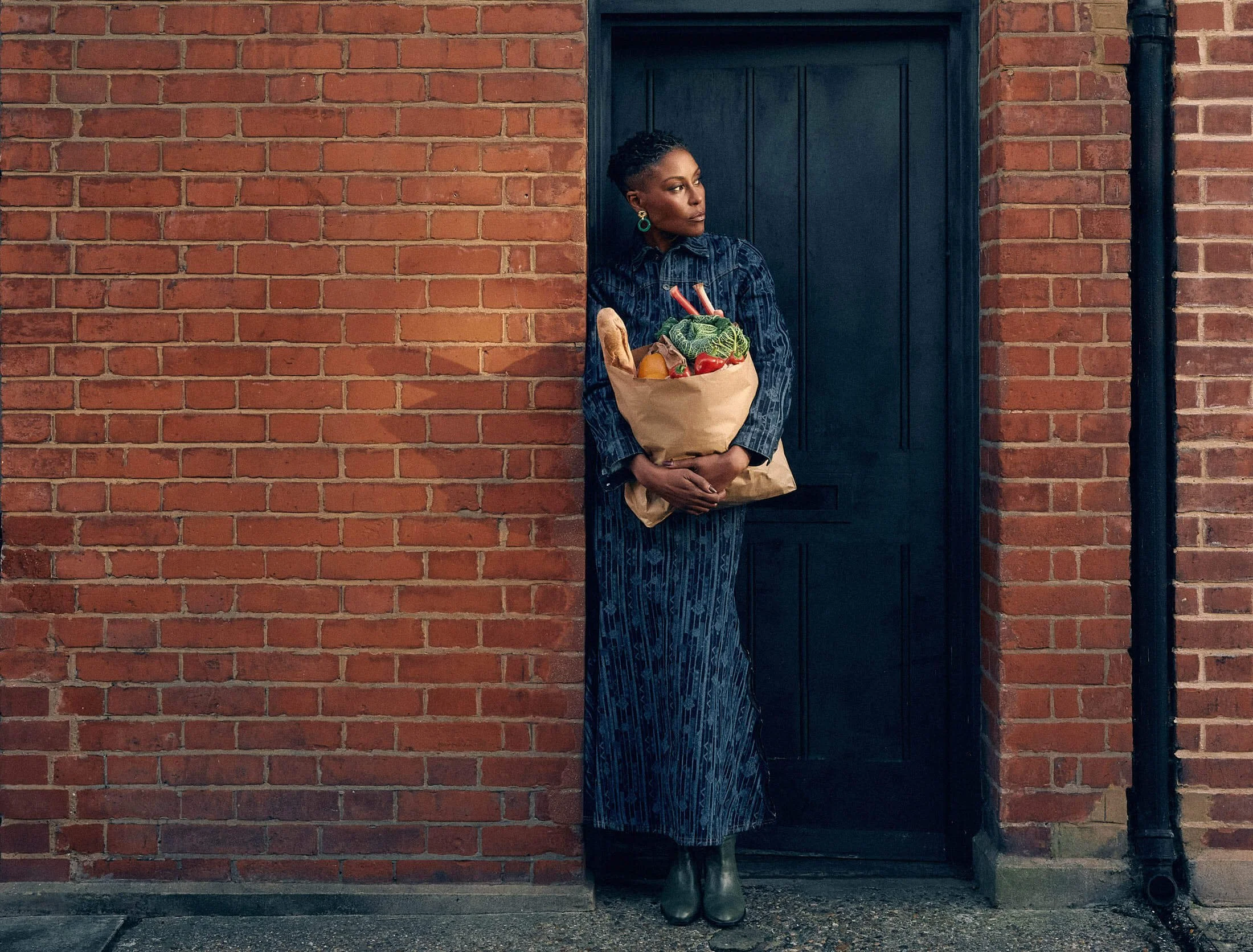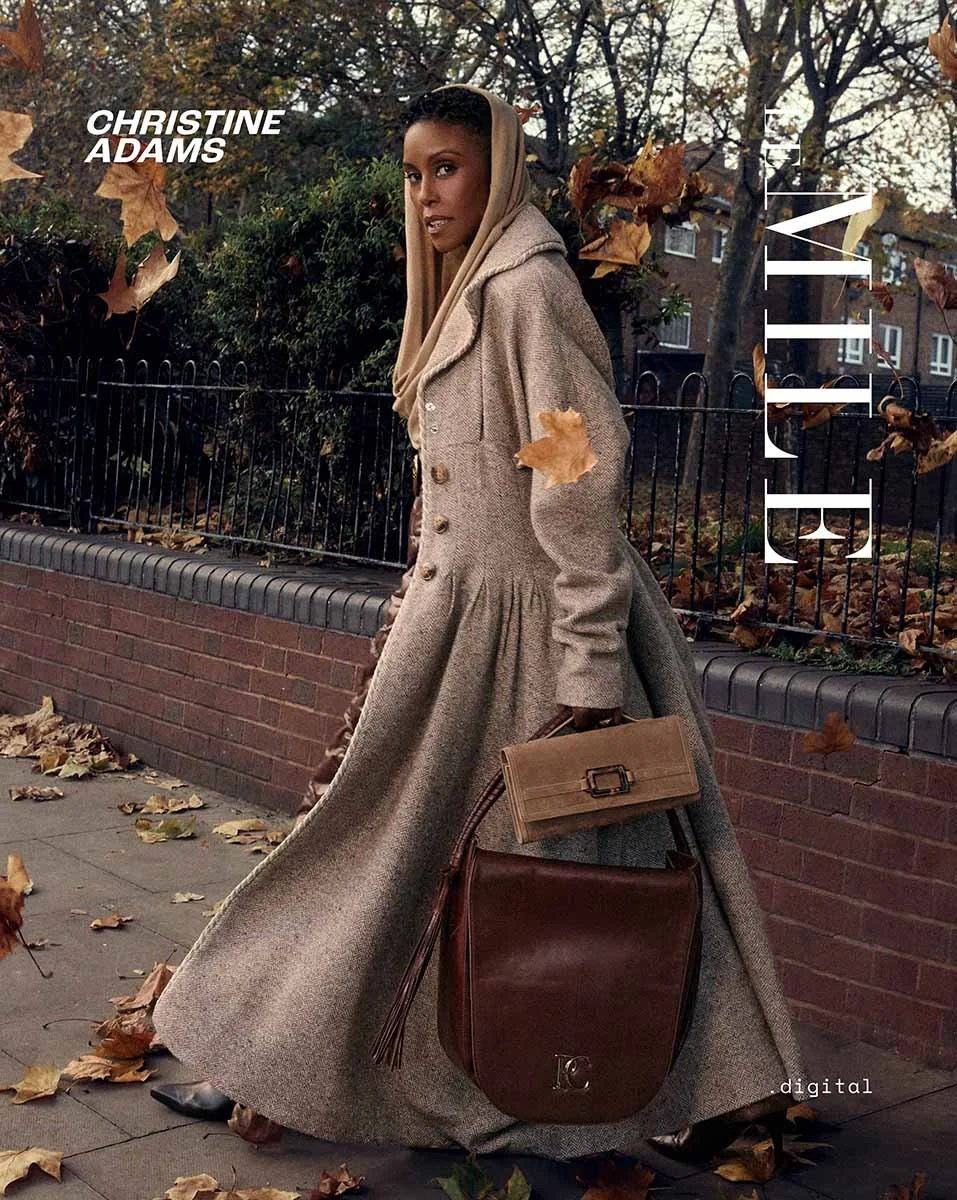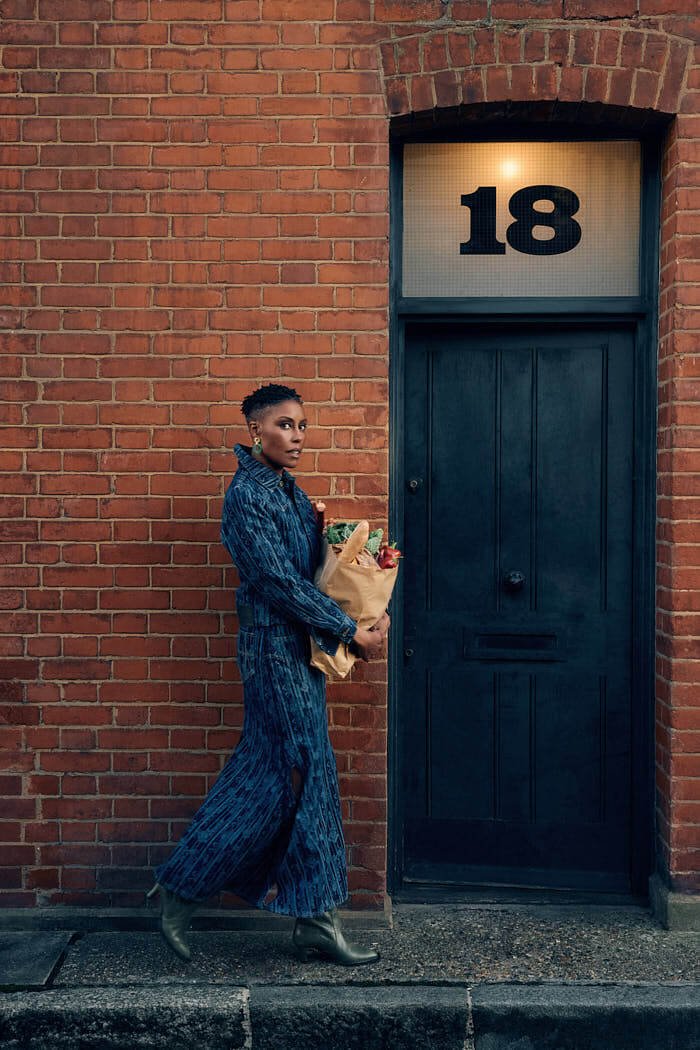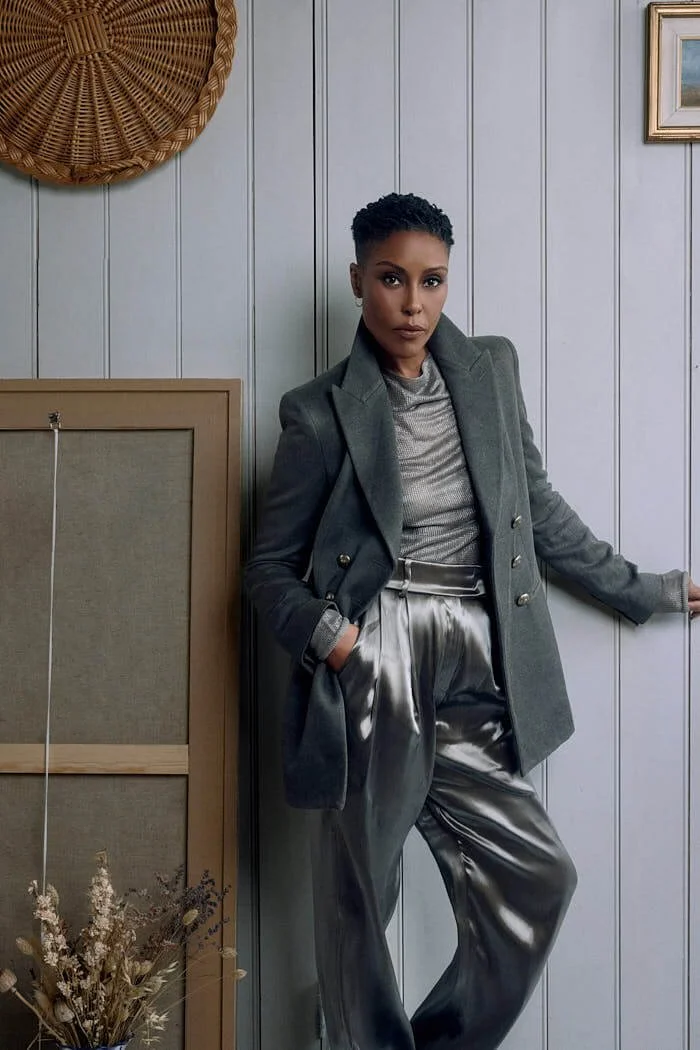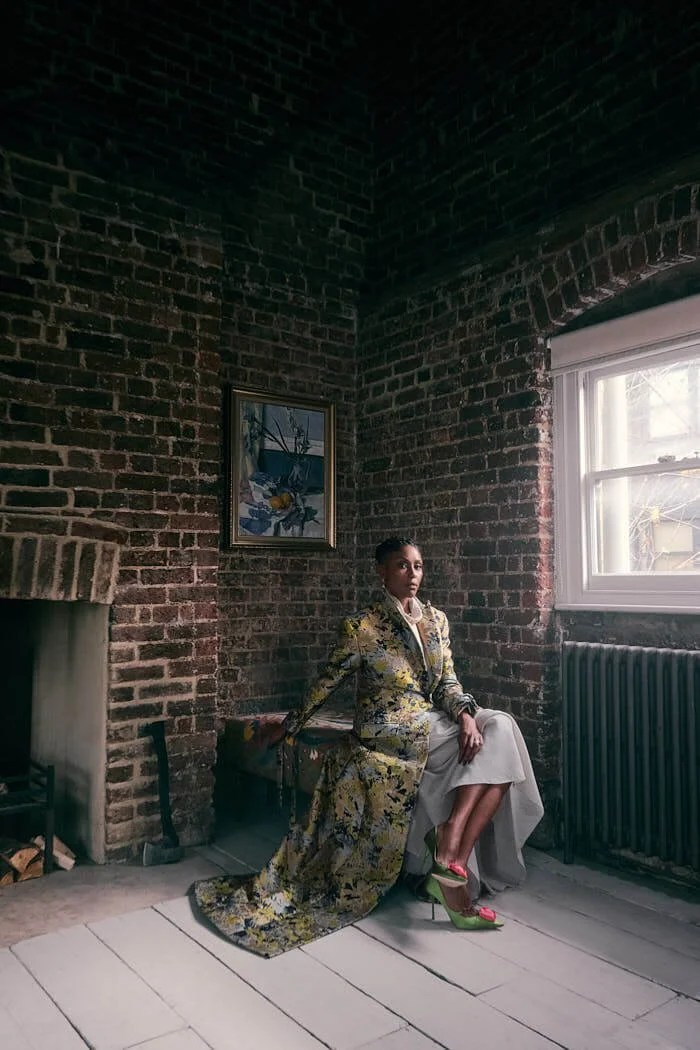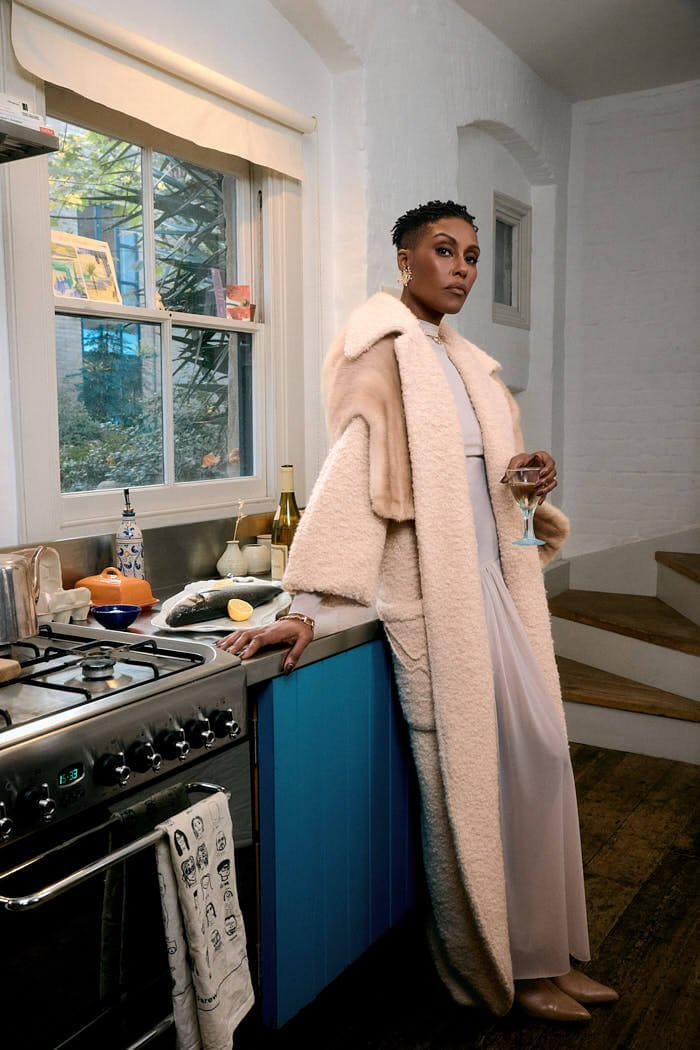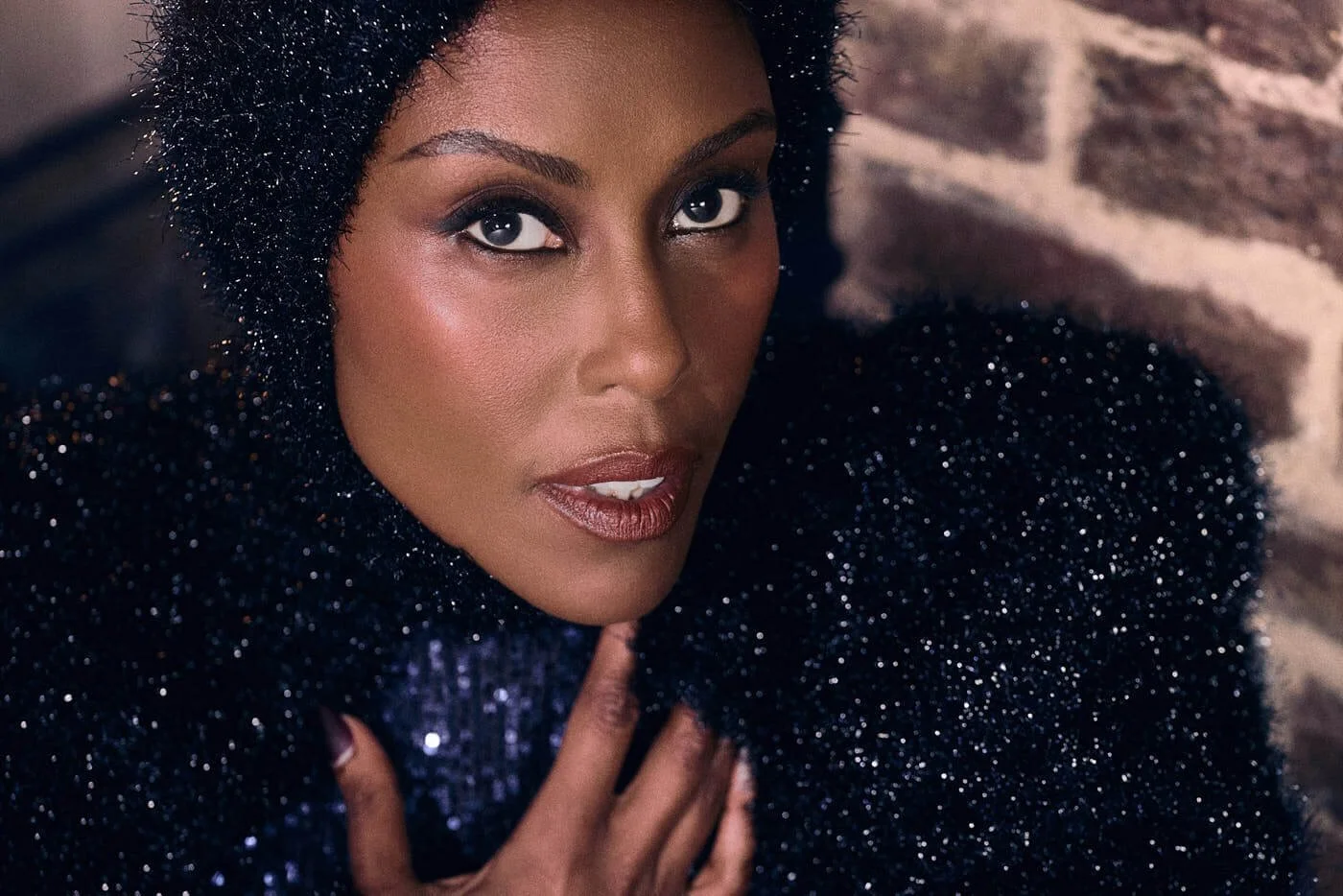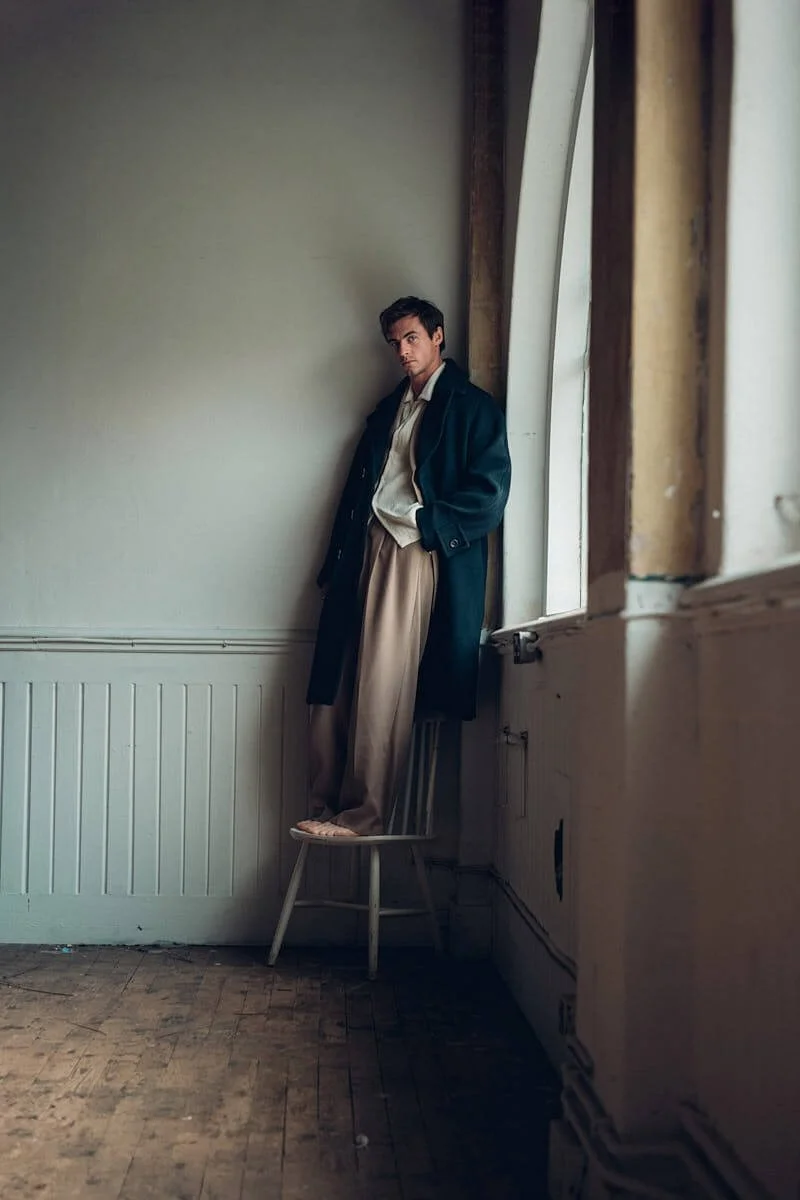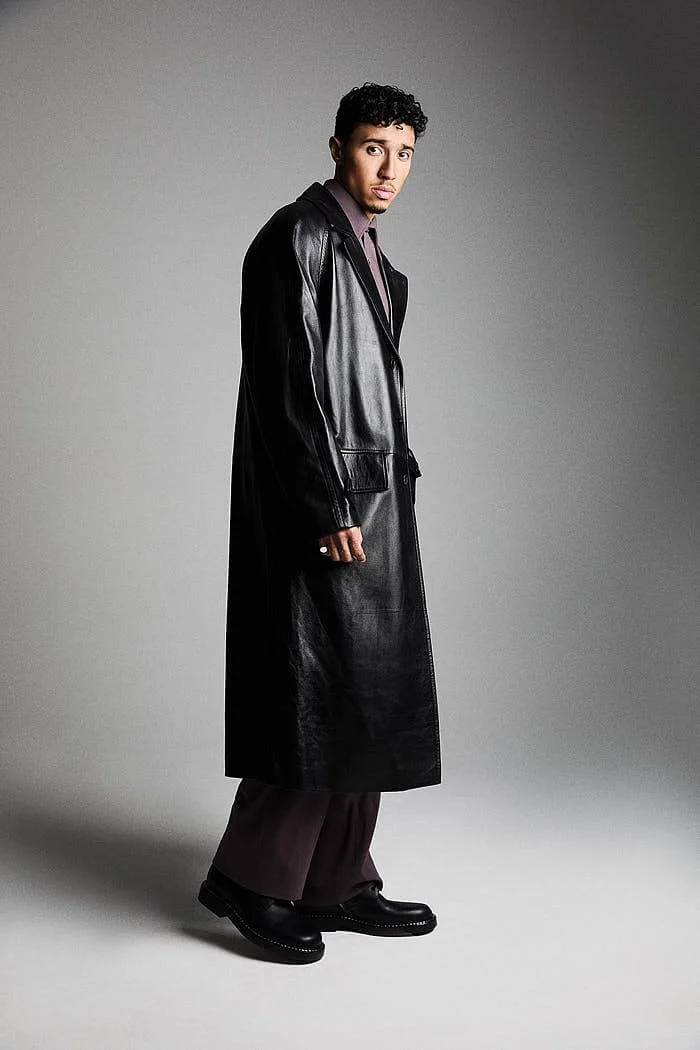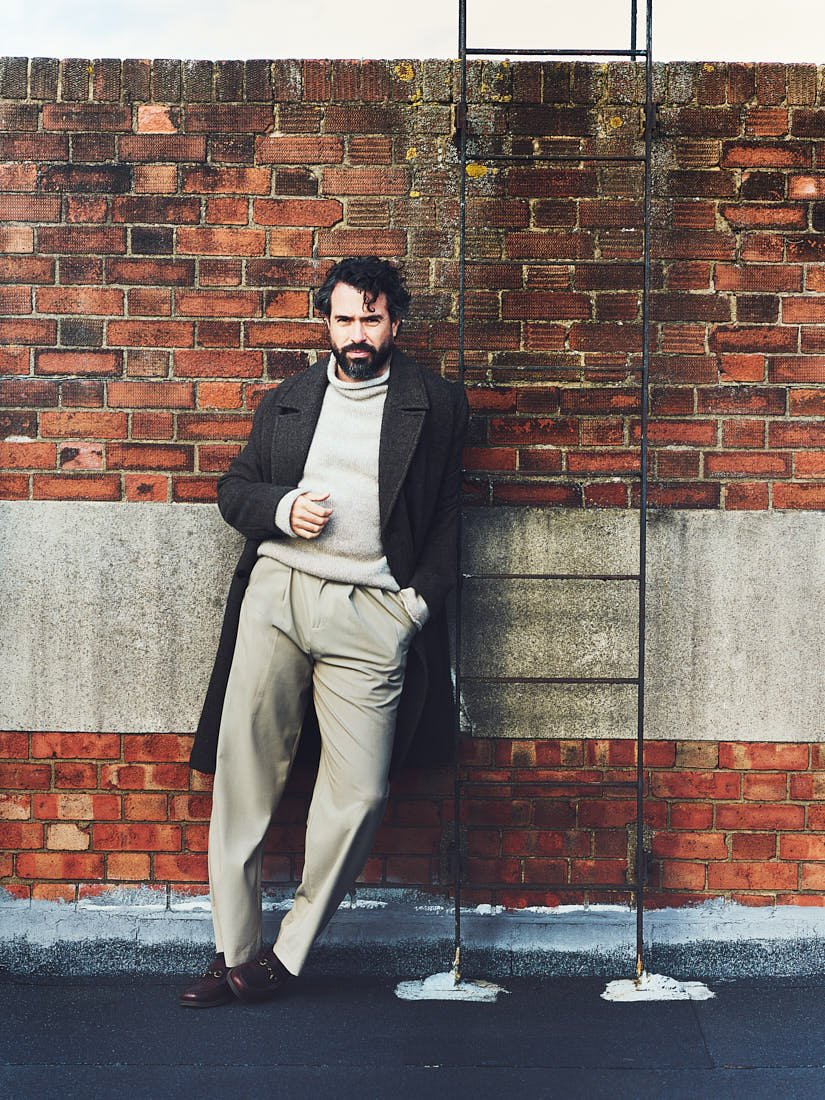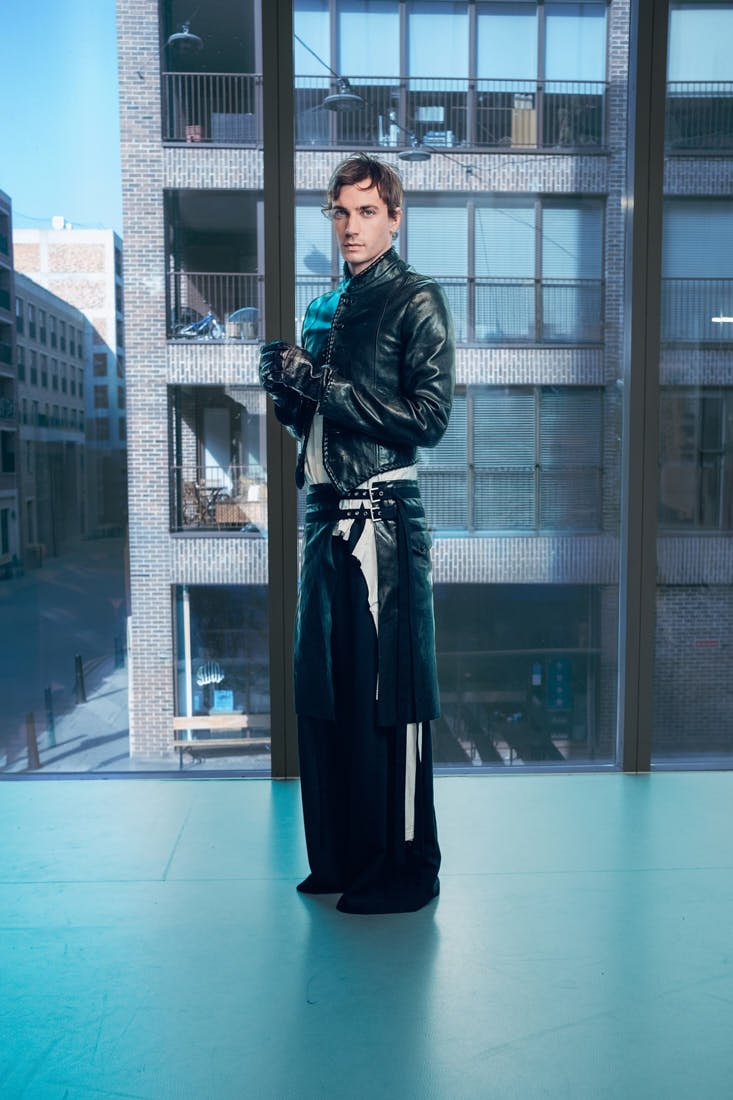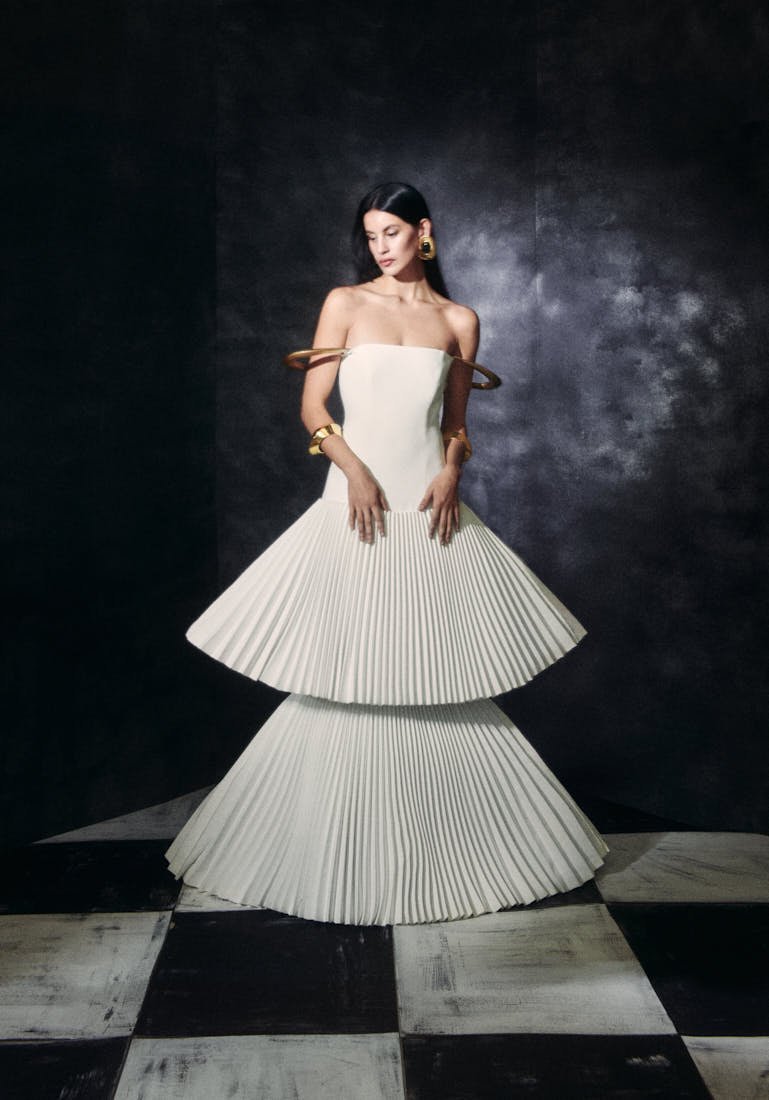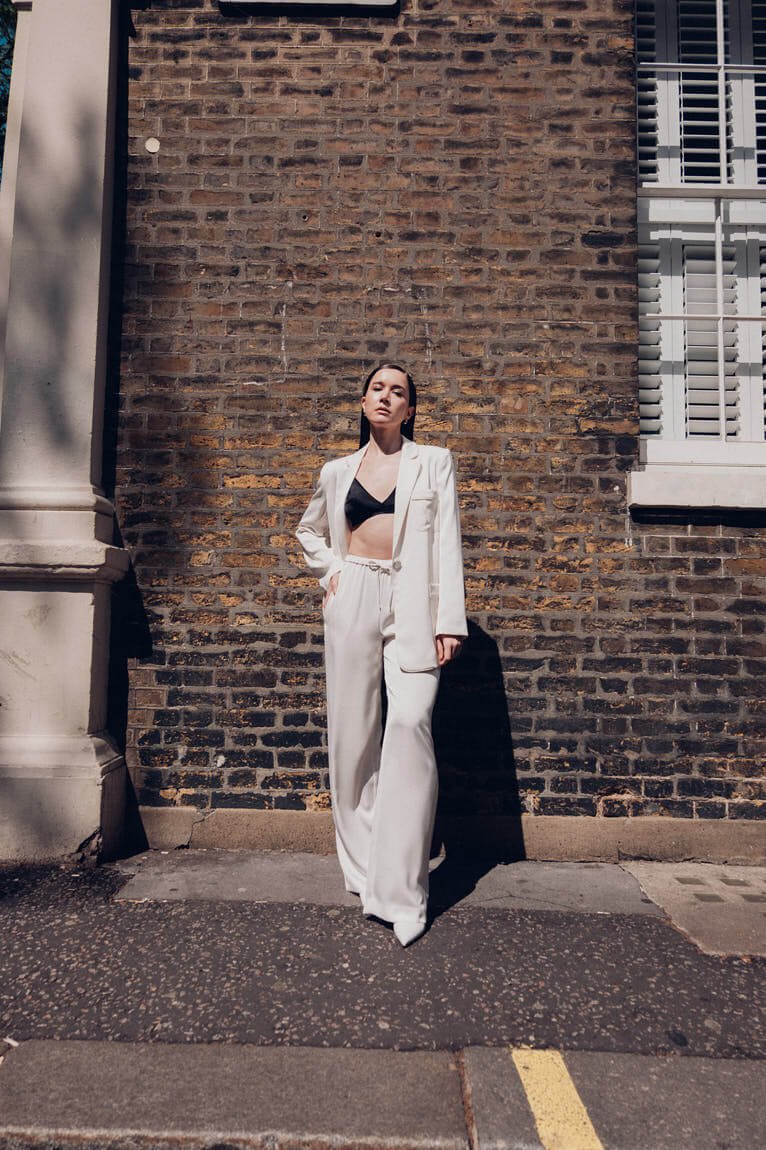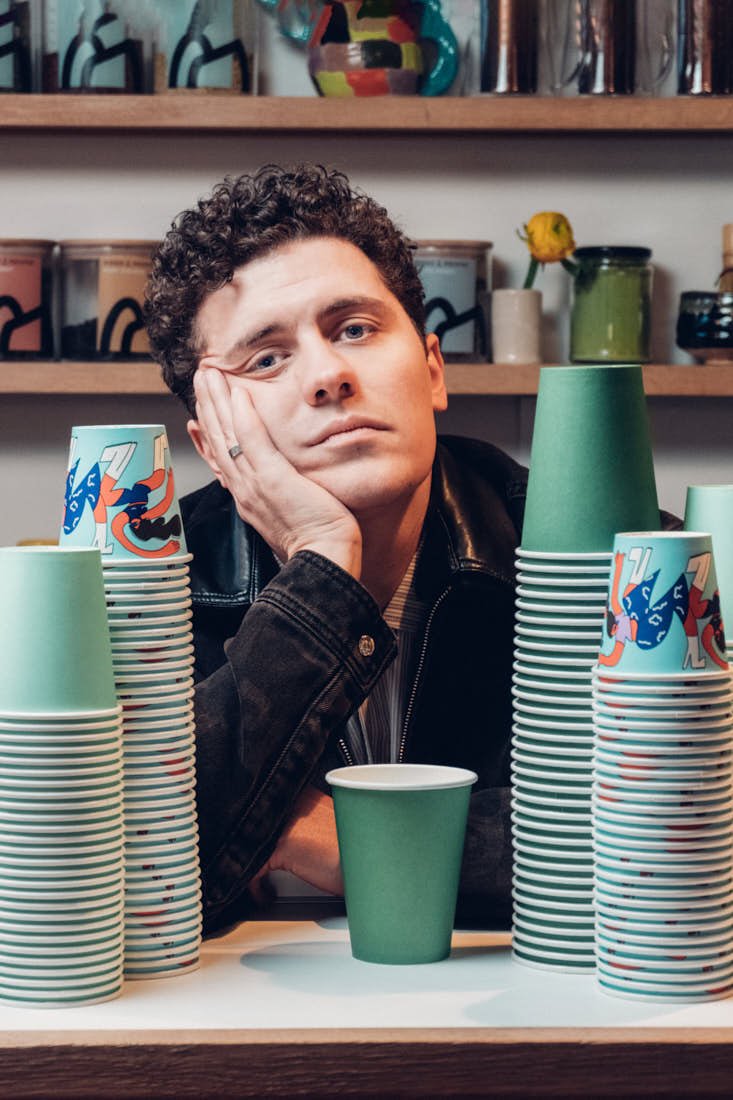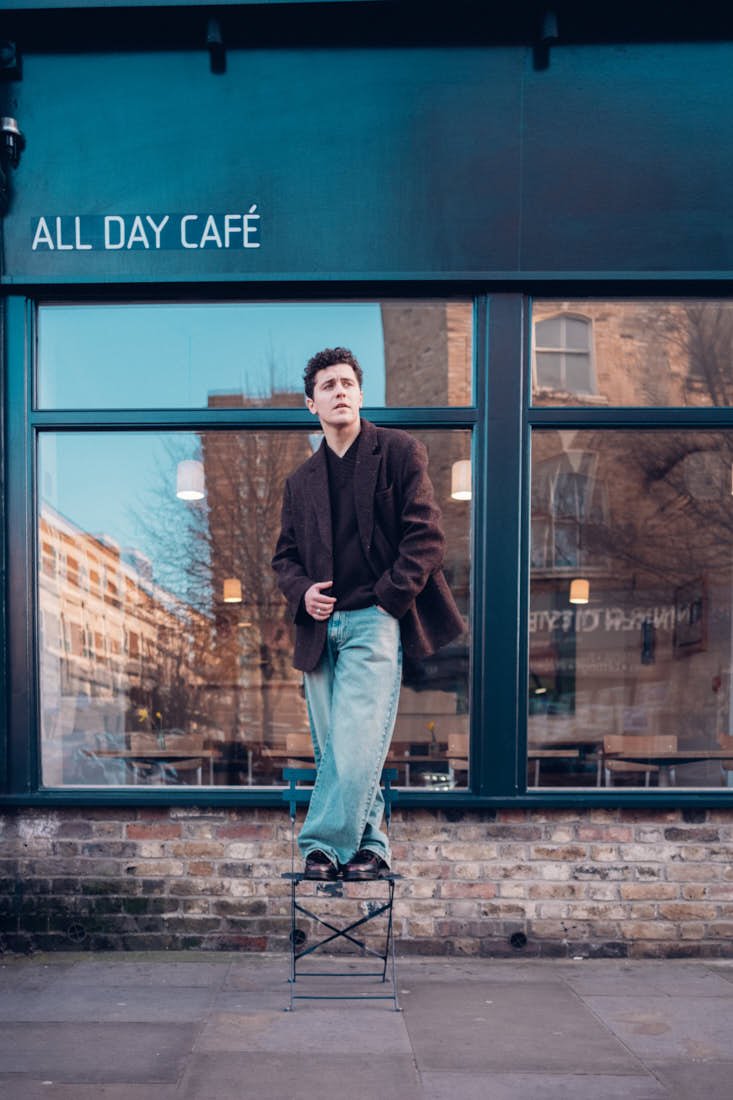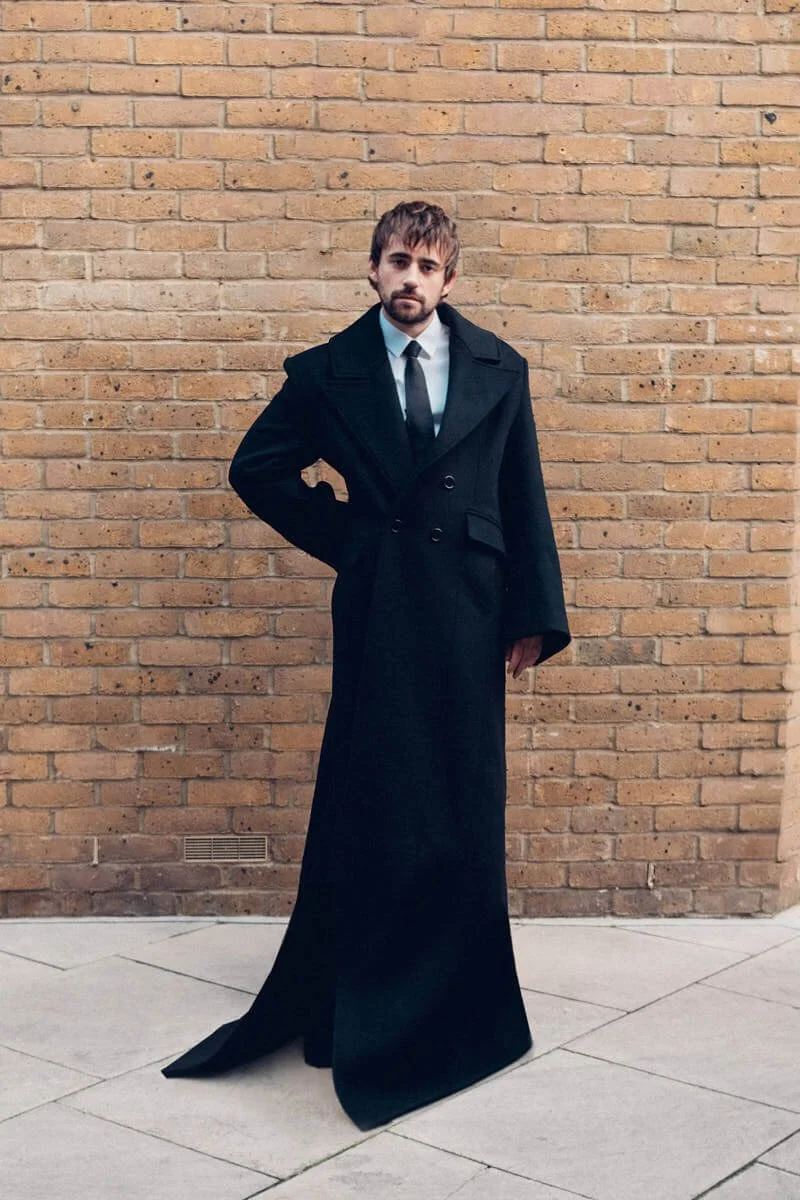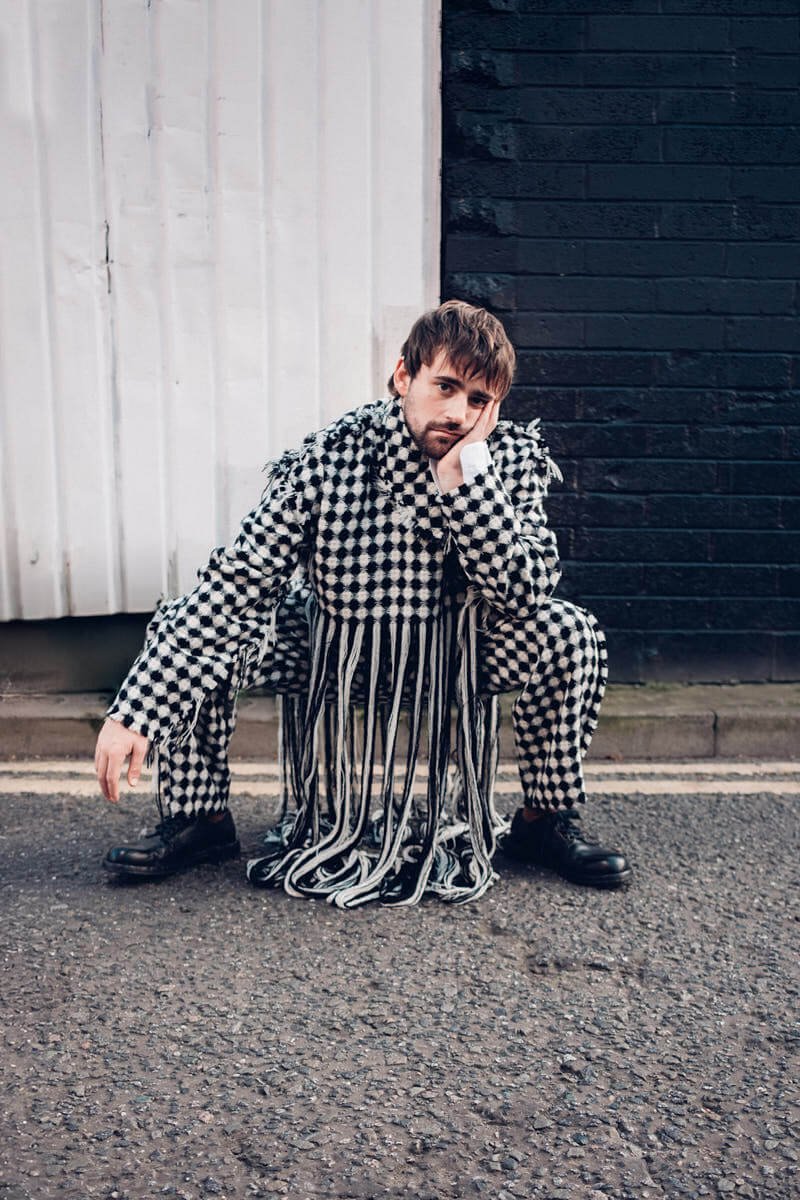Ewens Abid Opens His Camera Roll From Paris Fashion Week FW26
written LE MILE
For this edition of The Personal Edit, Ewens Abid opens his personal camera roll from Paris Fashion Week FW26. Moving between fashion shows, late-night gatherings and long walks through the city, Abid documents Paris as he experiences it: attentive, curious and instinctive.
Known for his roles in Andor and as Jonathan Harker in Dracula directed by Luc Besson, he shifts seamlessly between cinema and fashion culture, carrying the same sensitivity into both worlds.
Presented through images taken directly from his phone and paired with his own captions, The Personal Edit becomes a visual diary of fleeting moments, encounters and atmospheres that define Paris during Fashion Week — intimate, unfiltered and entirely his own.
photo: Ewens Abid
When wandering through the streets of Paris and getting lost, the walk unexpectedly led to art and a small coincidence: Rue Léon. Léon: The Professional, starring one of my favourite actors, Jean Reno, directed by Luc Besson, whom I happened to work with not long ago on Dracula.
photo: Ewens Abid
First event done, it was time to relax and enjoy a good old catch-up with friends, while admiring passers-by in their Paris Fashion Week best.
photo: Ewens Abid
Madly in love with Paris’ café culture. Just know that when you order a coffee here, a single espresso lands on your table. Espresso. What else?
photo: Ewens Abid
Let’s just say that one hit the spot just right.
photo: Ewens Abid
The red carpet at a fashion event, like the TATRAS AW26 Paris Fashion Week presentation, carries its own kind of charge. You simply step into it.
photo: Ewens Abid
I always like to visit the Basilique du Sacré-Cœur de Montmartre. The architecture, the view, the sense of calm — a perfect place after a busy day.
photo: Ewens Abid
It wouldn’t feel like Fashion Week without a party or two. Cutting shapes with friends, soaking up the vibrant atmosphere of Paris by night.
photo: Ewens Abid
The Magliano FW26 show was jaw-dropping. The excitement and suspense before it began gave way to a strong, elegant, dynamic performance — and within ten minutes, months of preparation, hard work, and chaotic commitment came to a close.
photo: Ewens Abid
Coming home to a Shiba Inu, one-on-one. First, the side-eye of “Where have you been?”, then an hour of attitude, and finally a little “I’ll cuddle, but I’m still mad at you.”
photo: Ewens Abid seen by Cedric Terrell
I had the chance to meet photographer Cedric Terrell for a street shoot, and we had a blast. For me, the best part of any shoot is the casual conversation along the way. I find meeting new people fascinating — everyone has a different story to tell.

